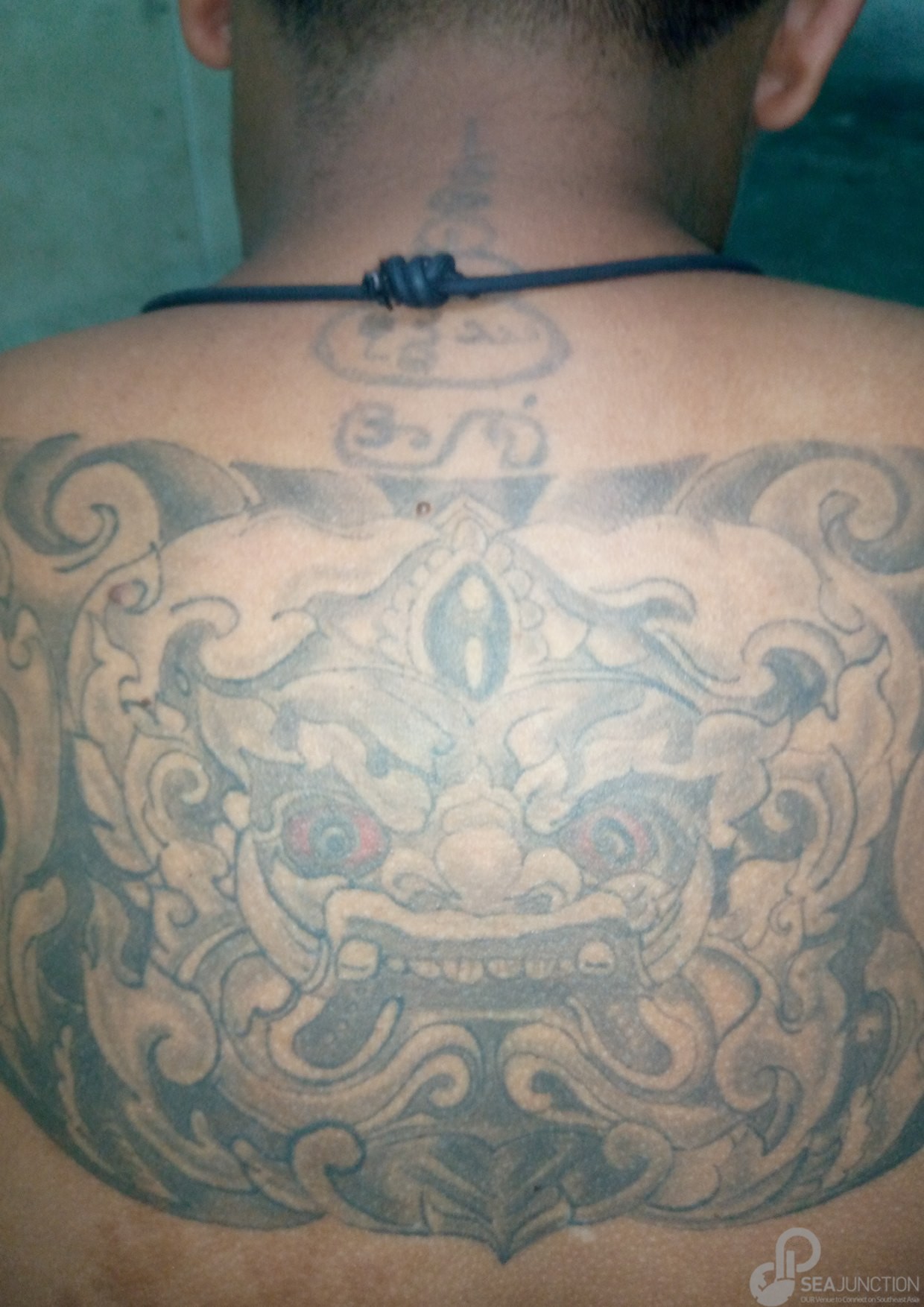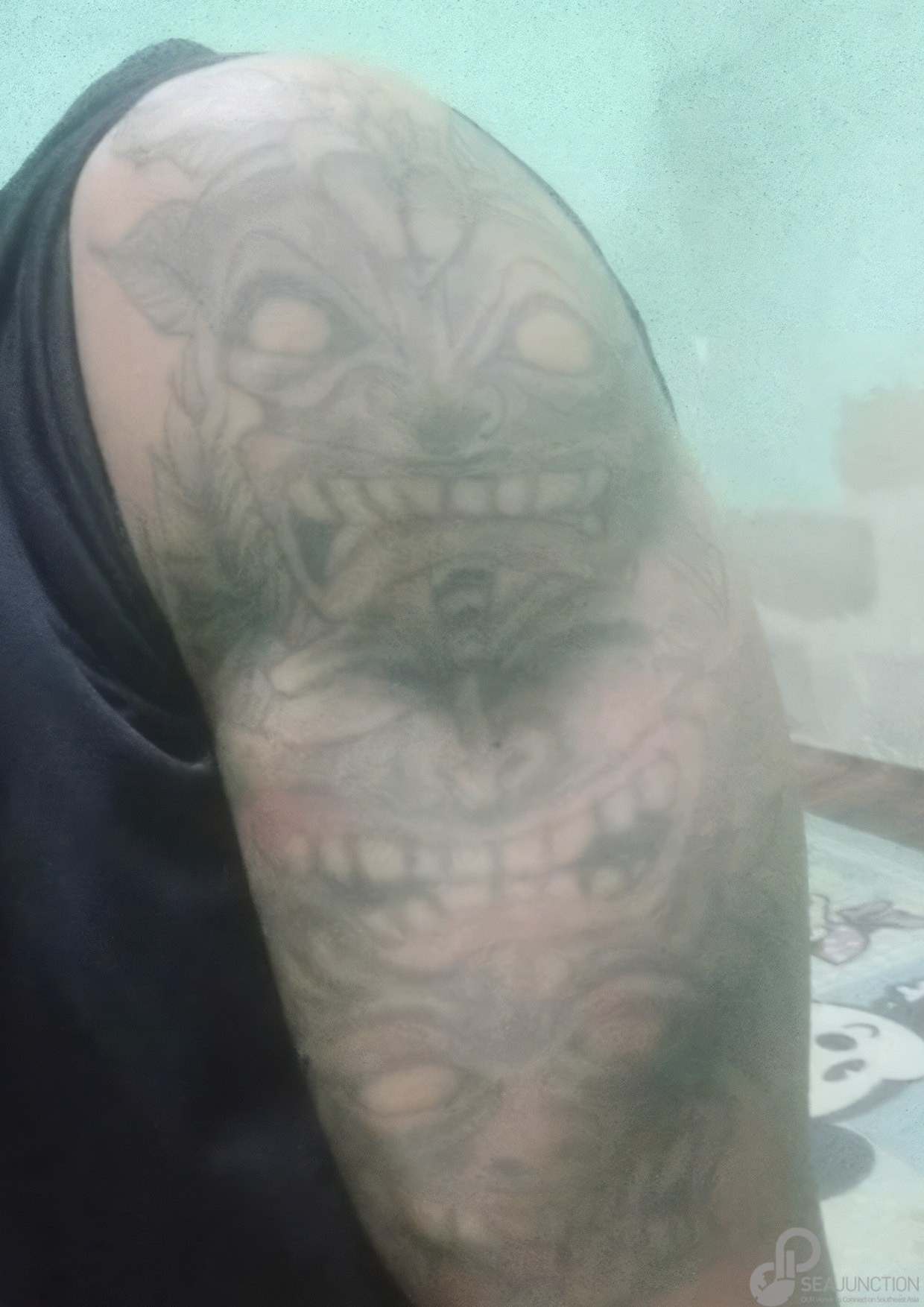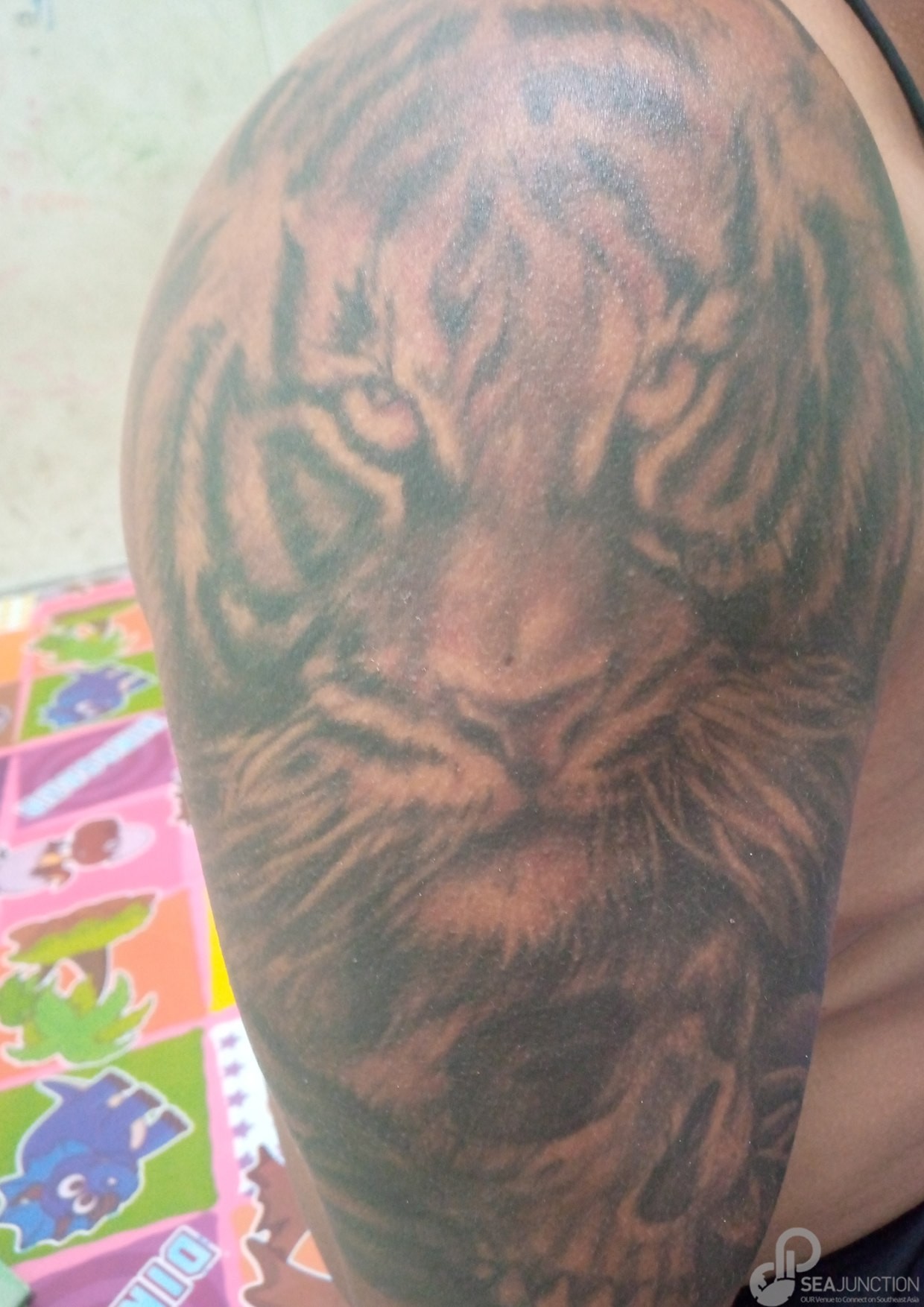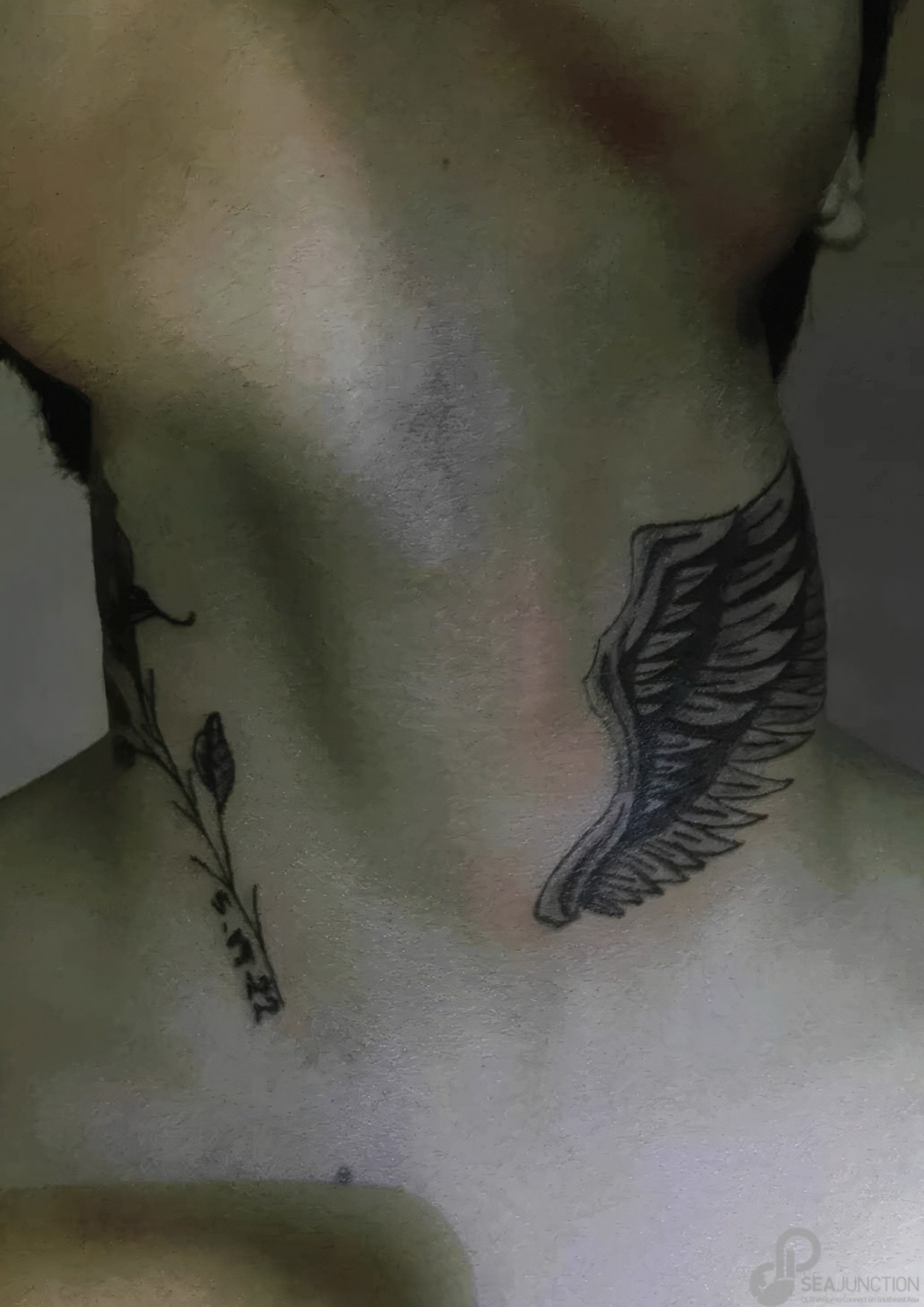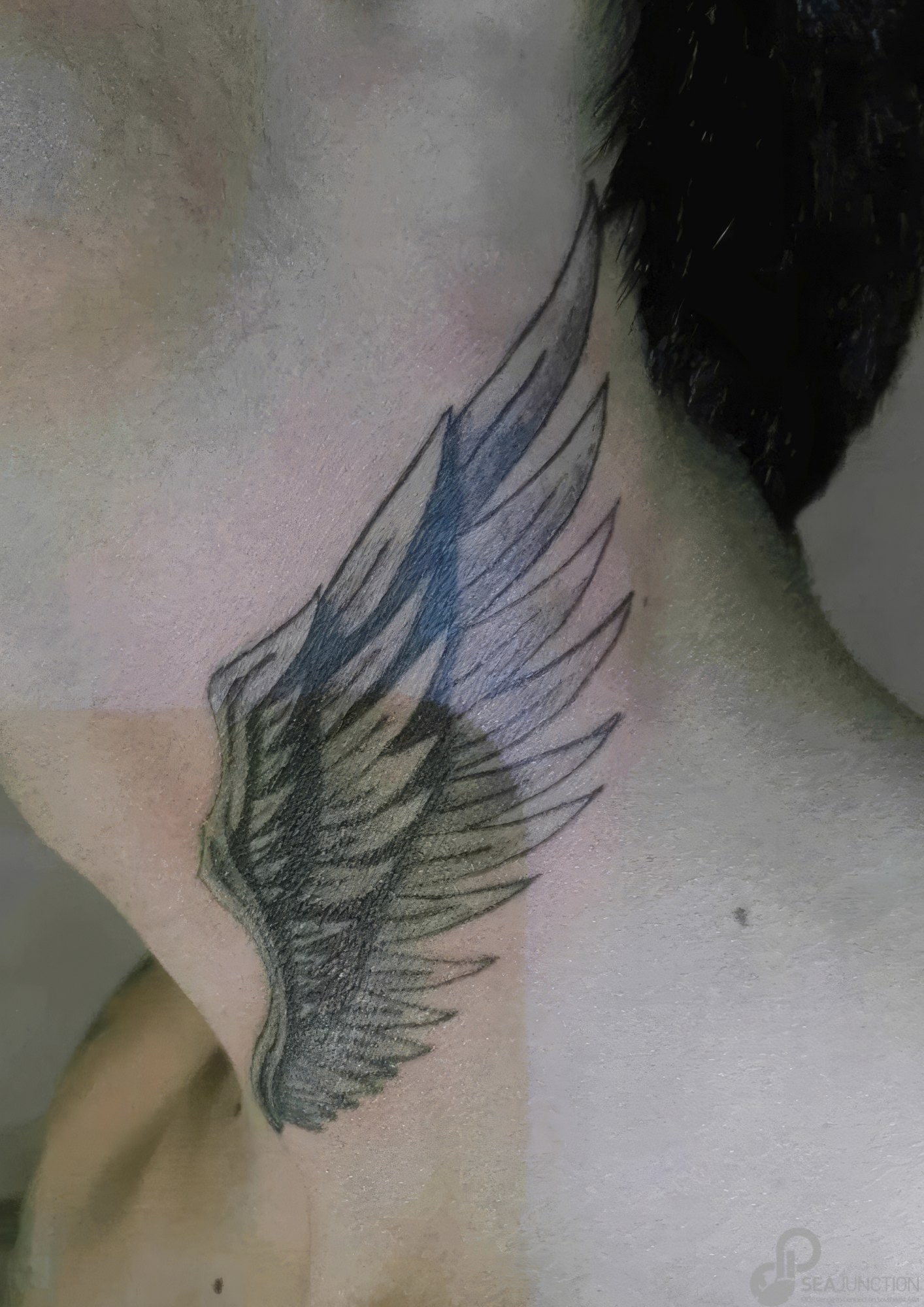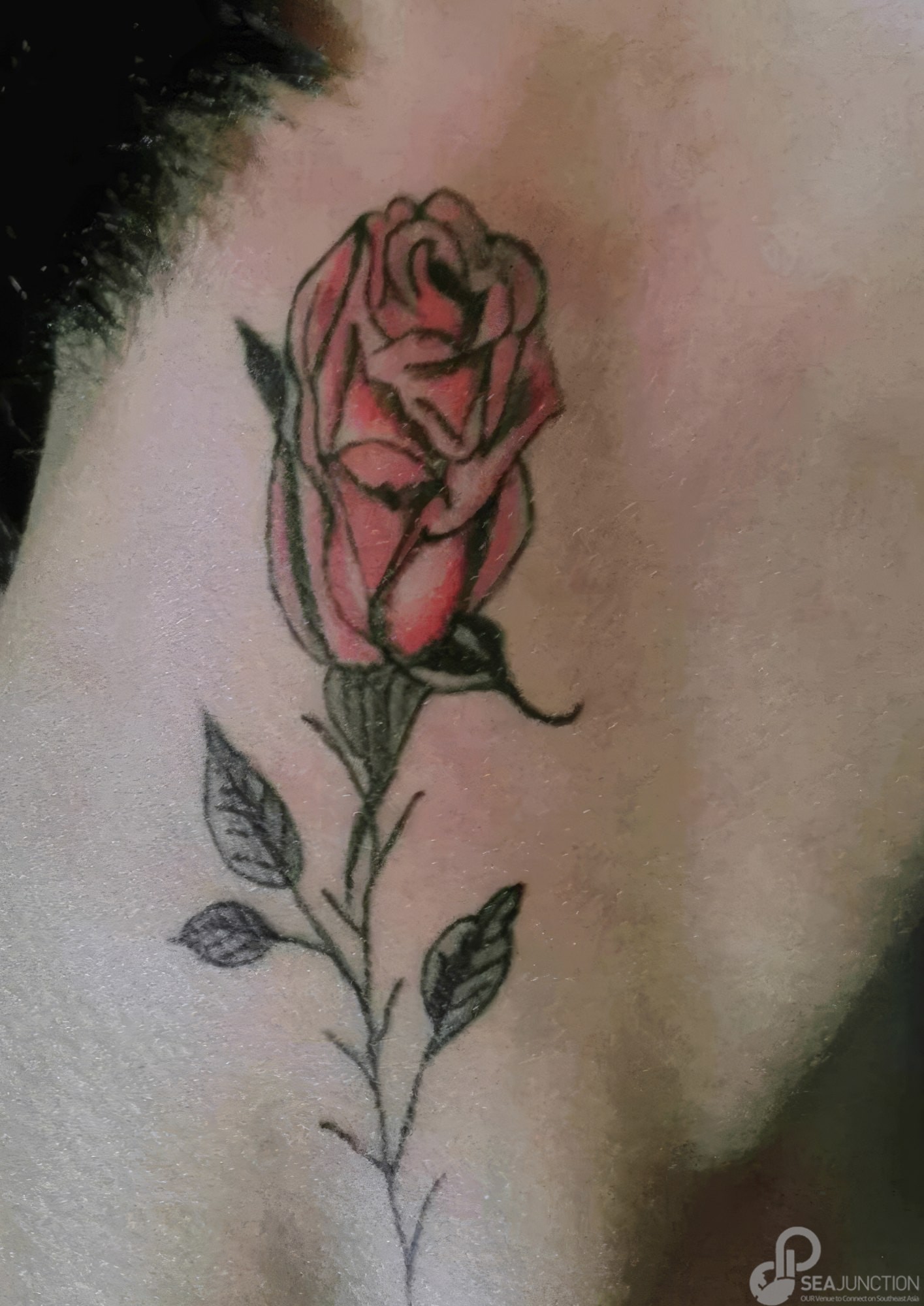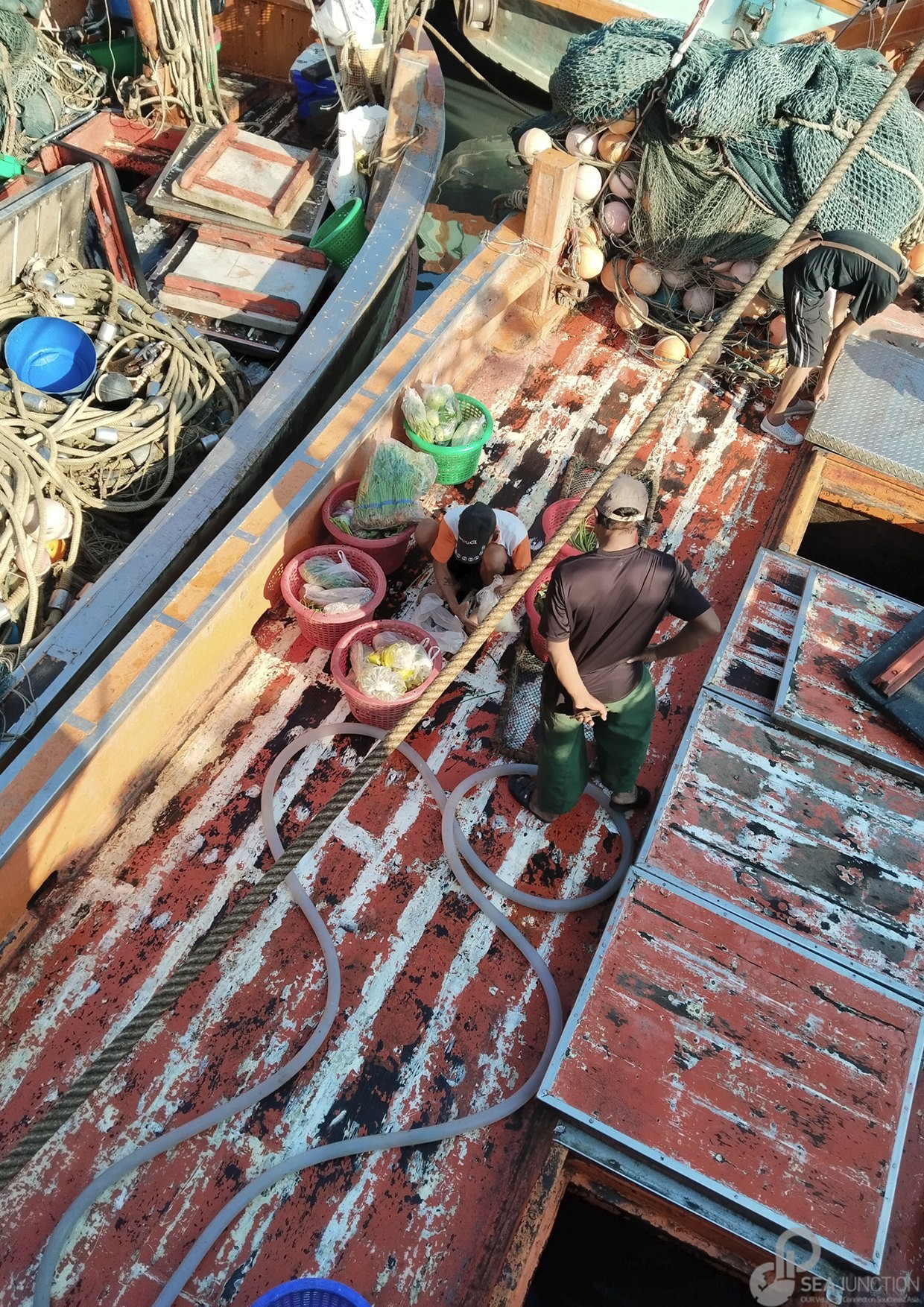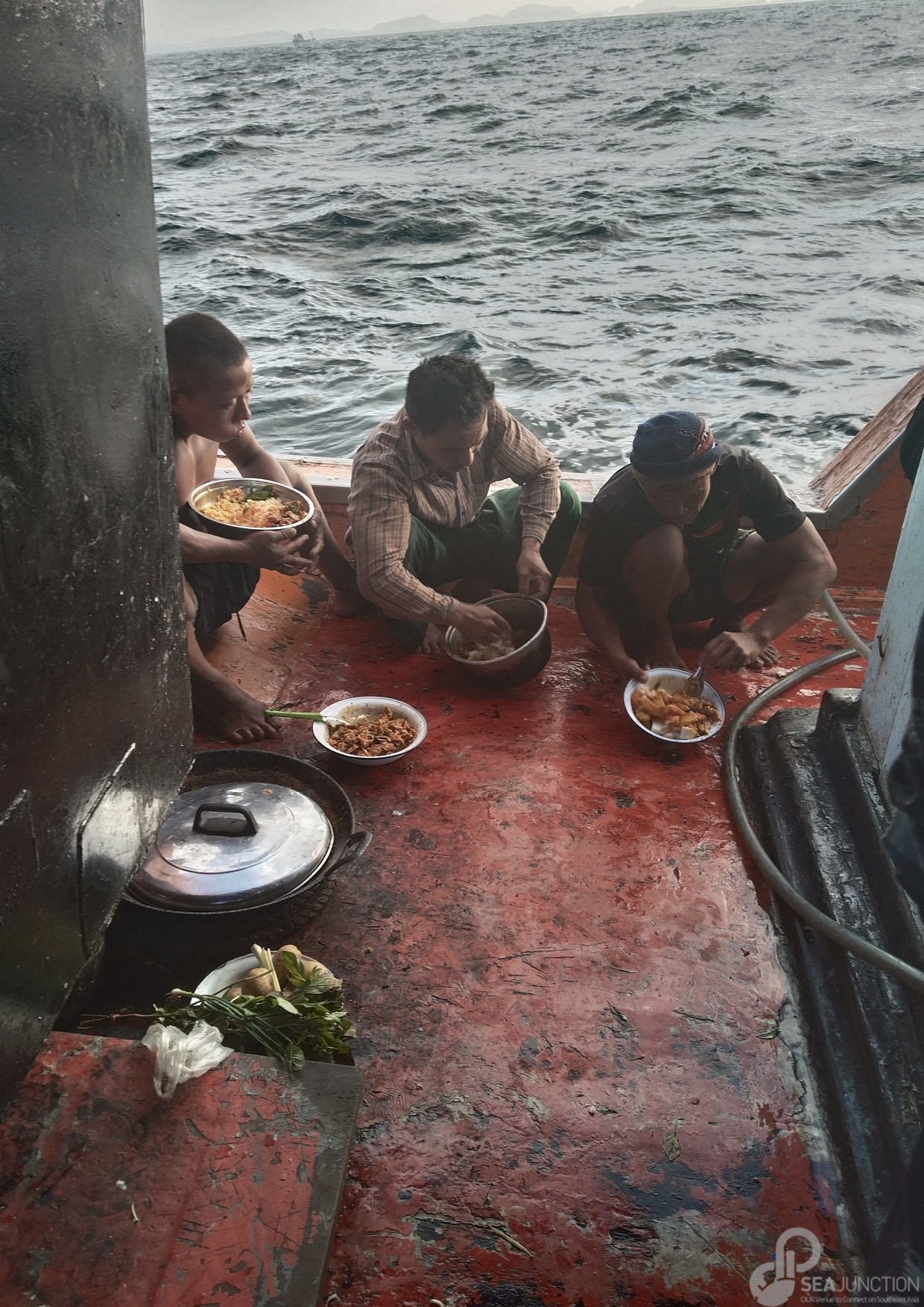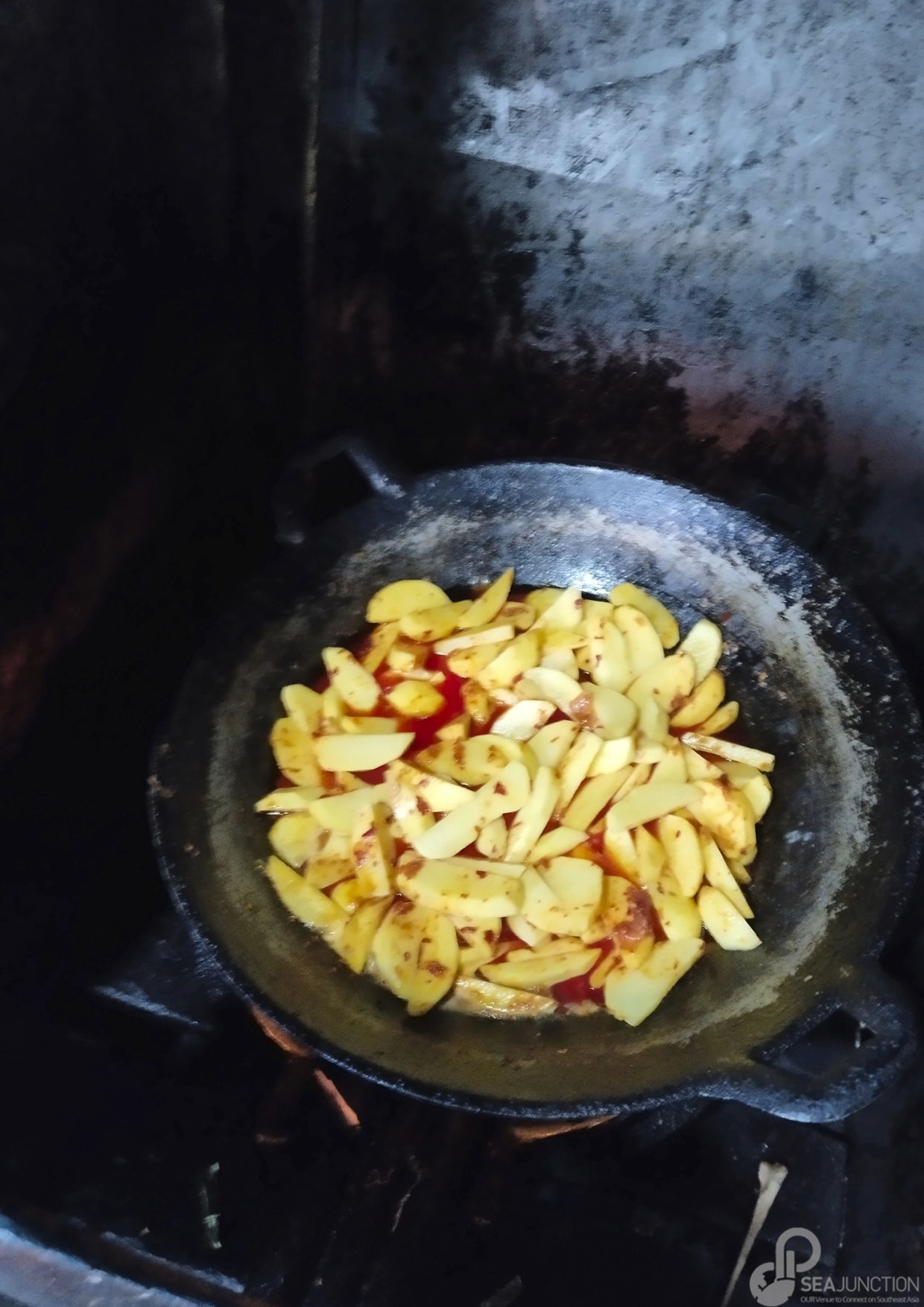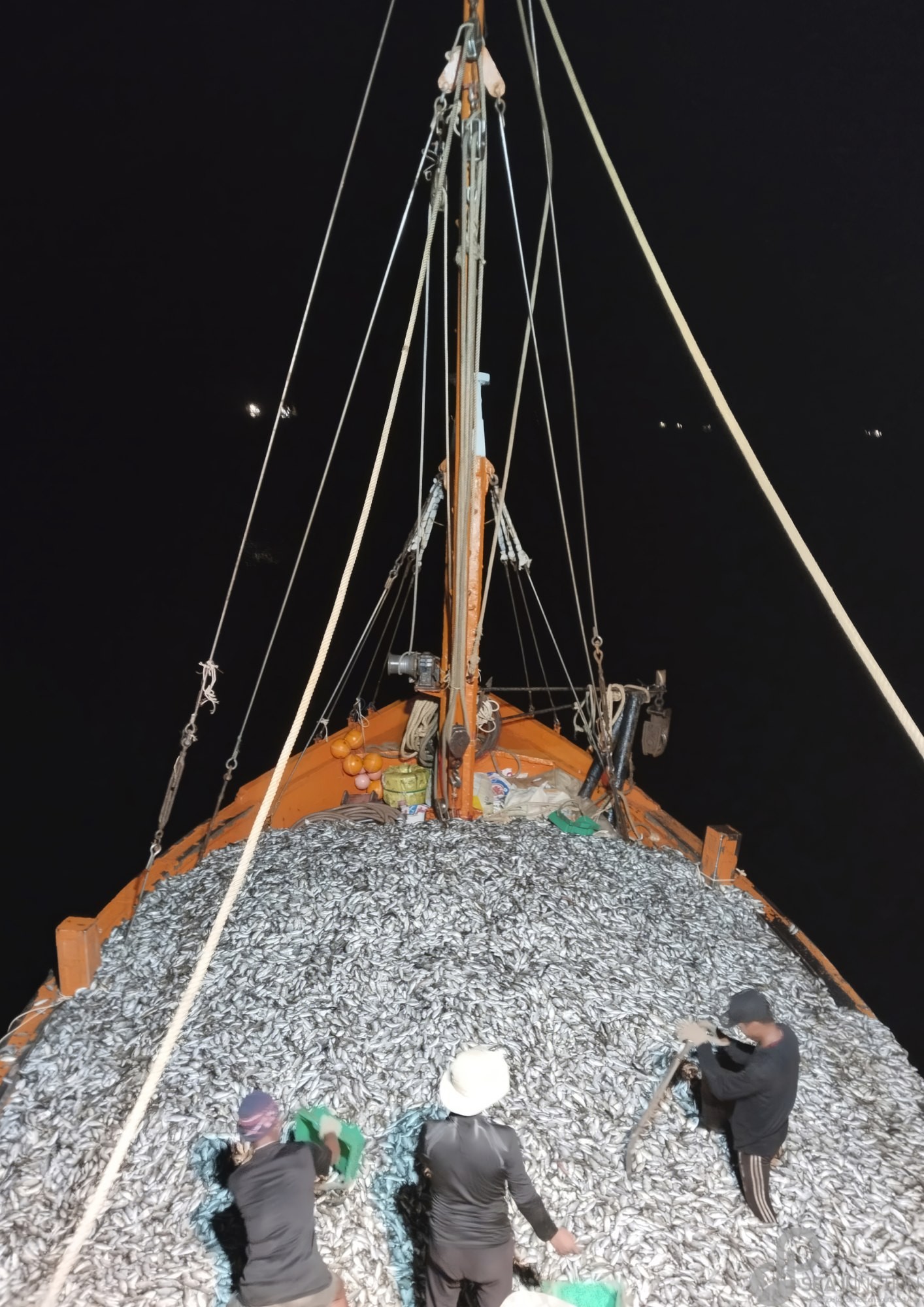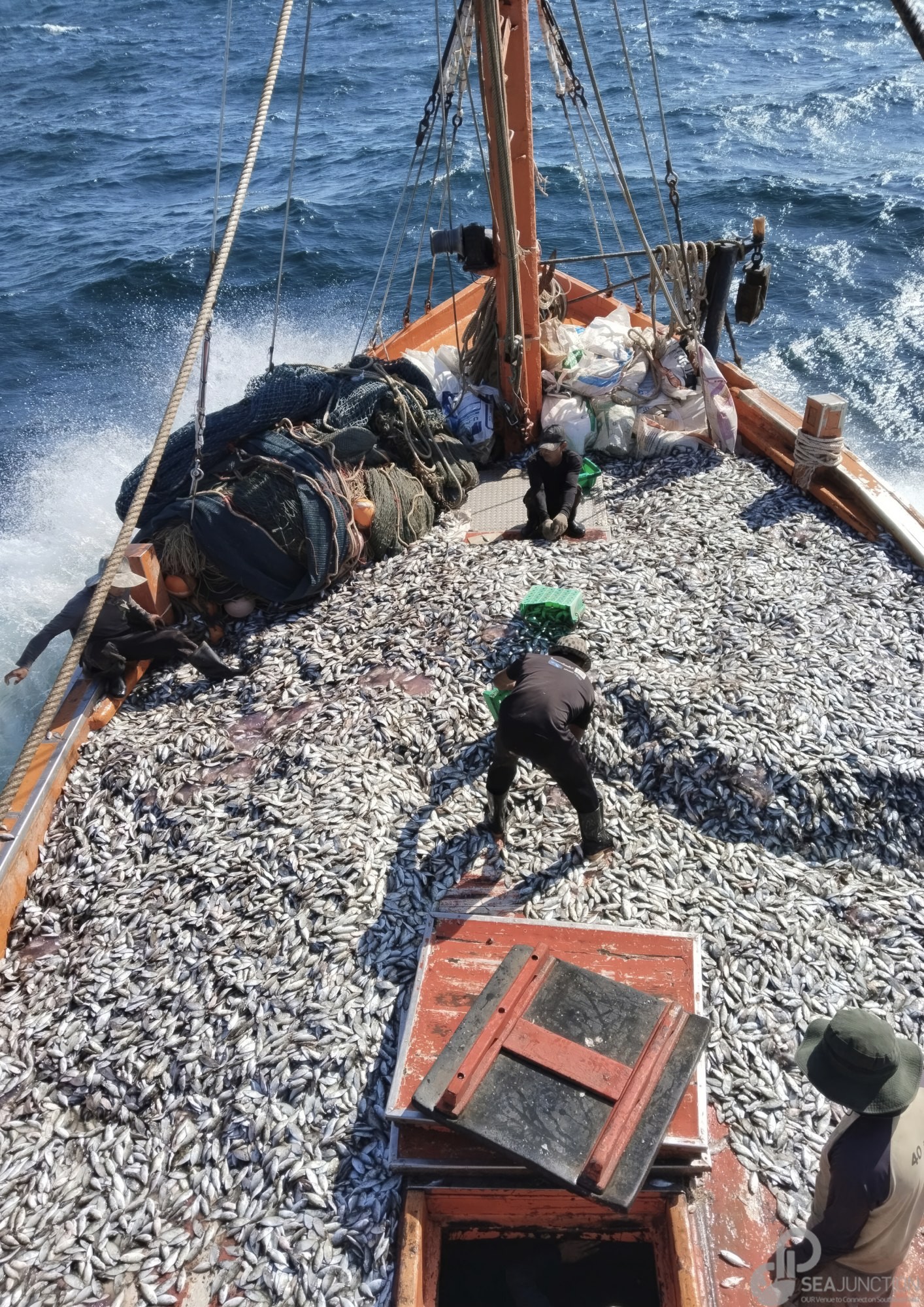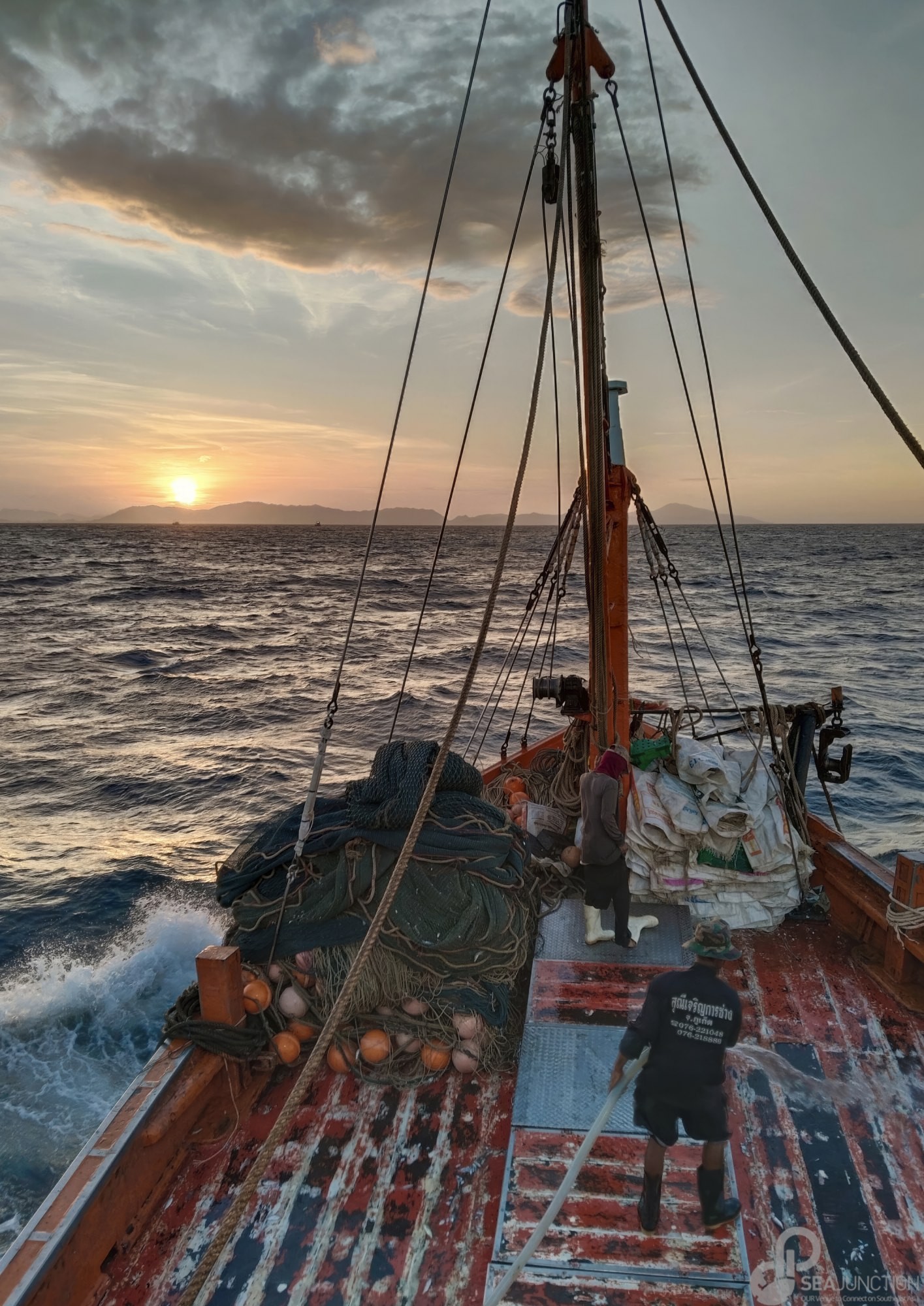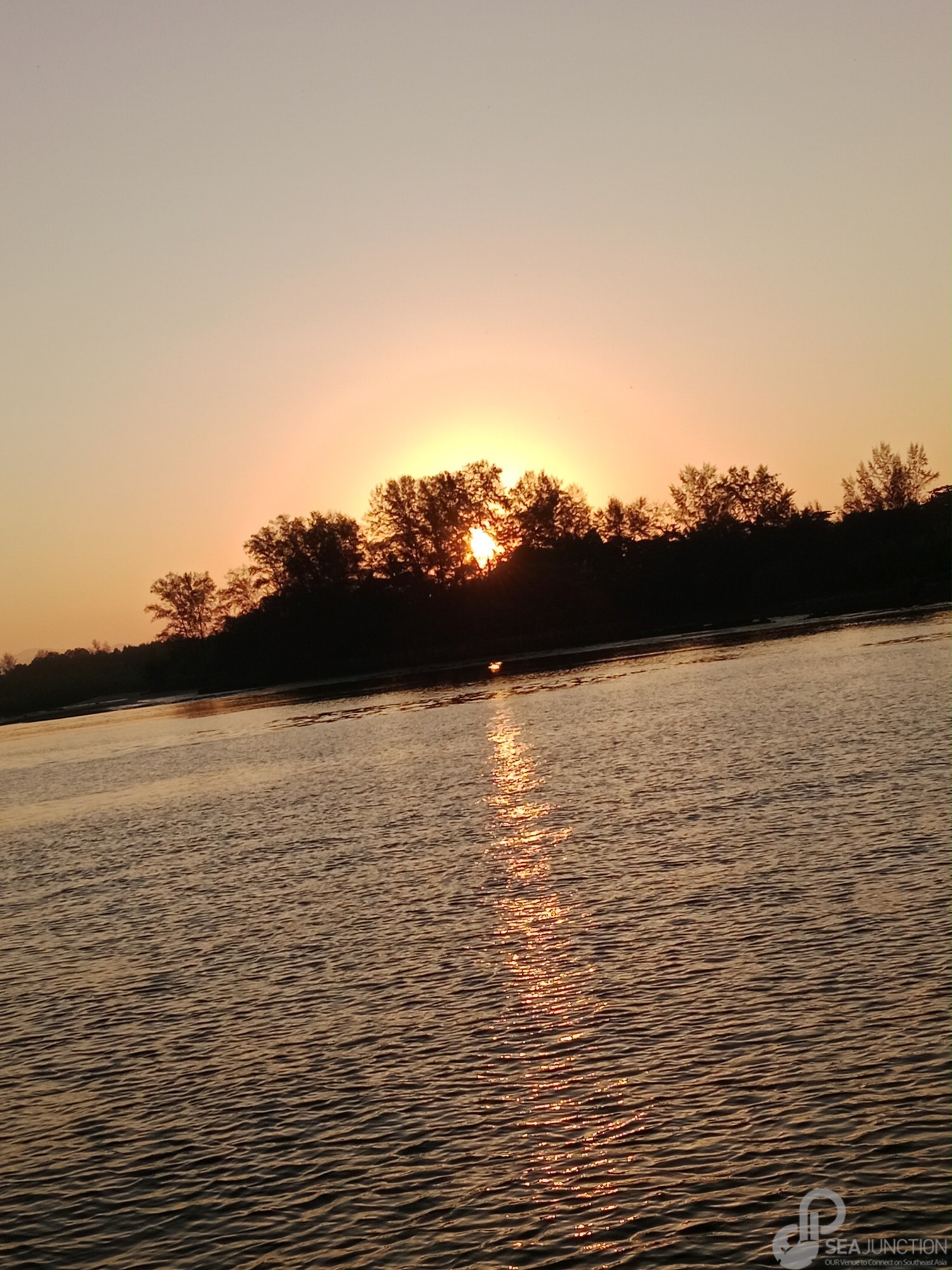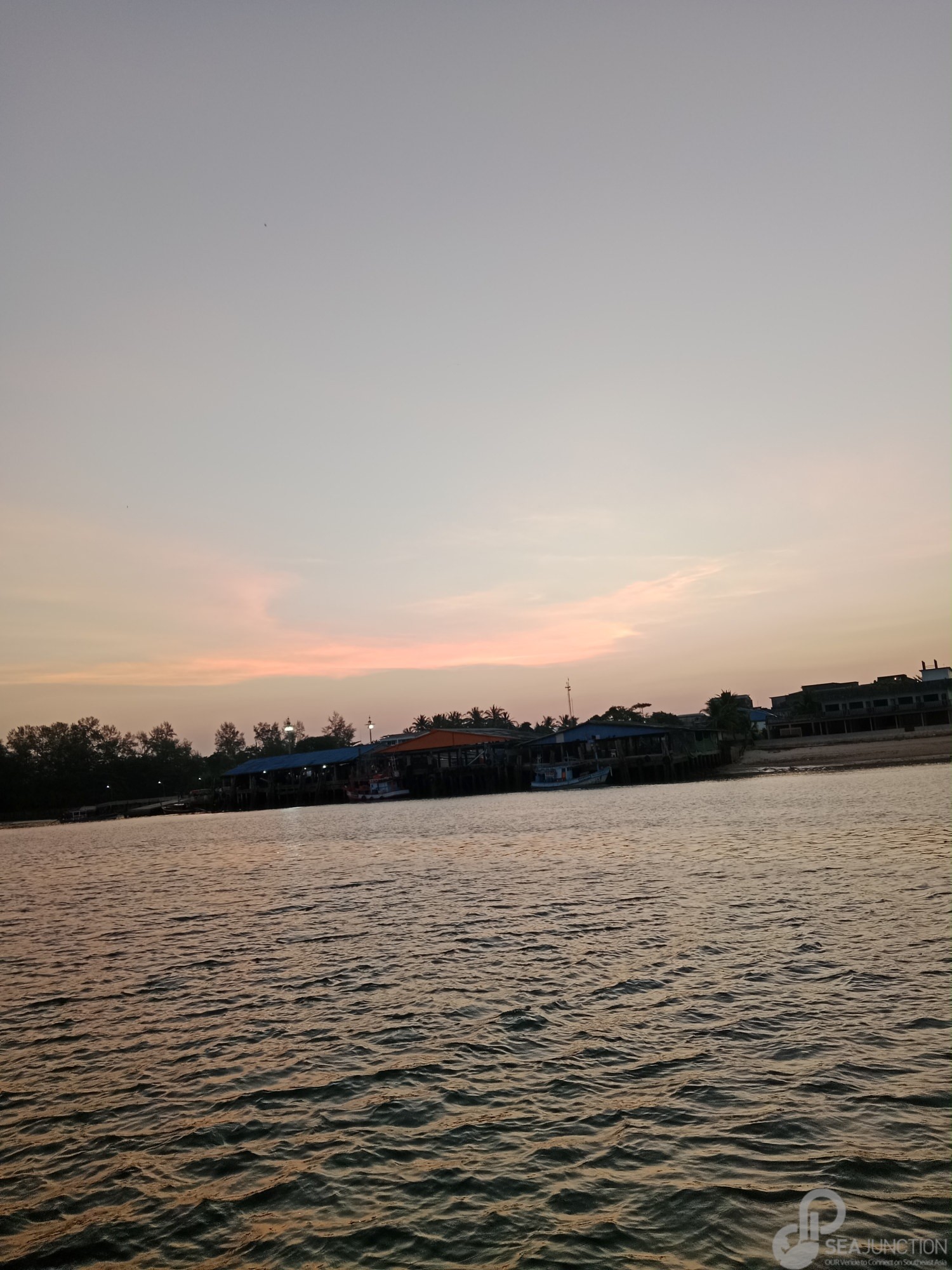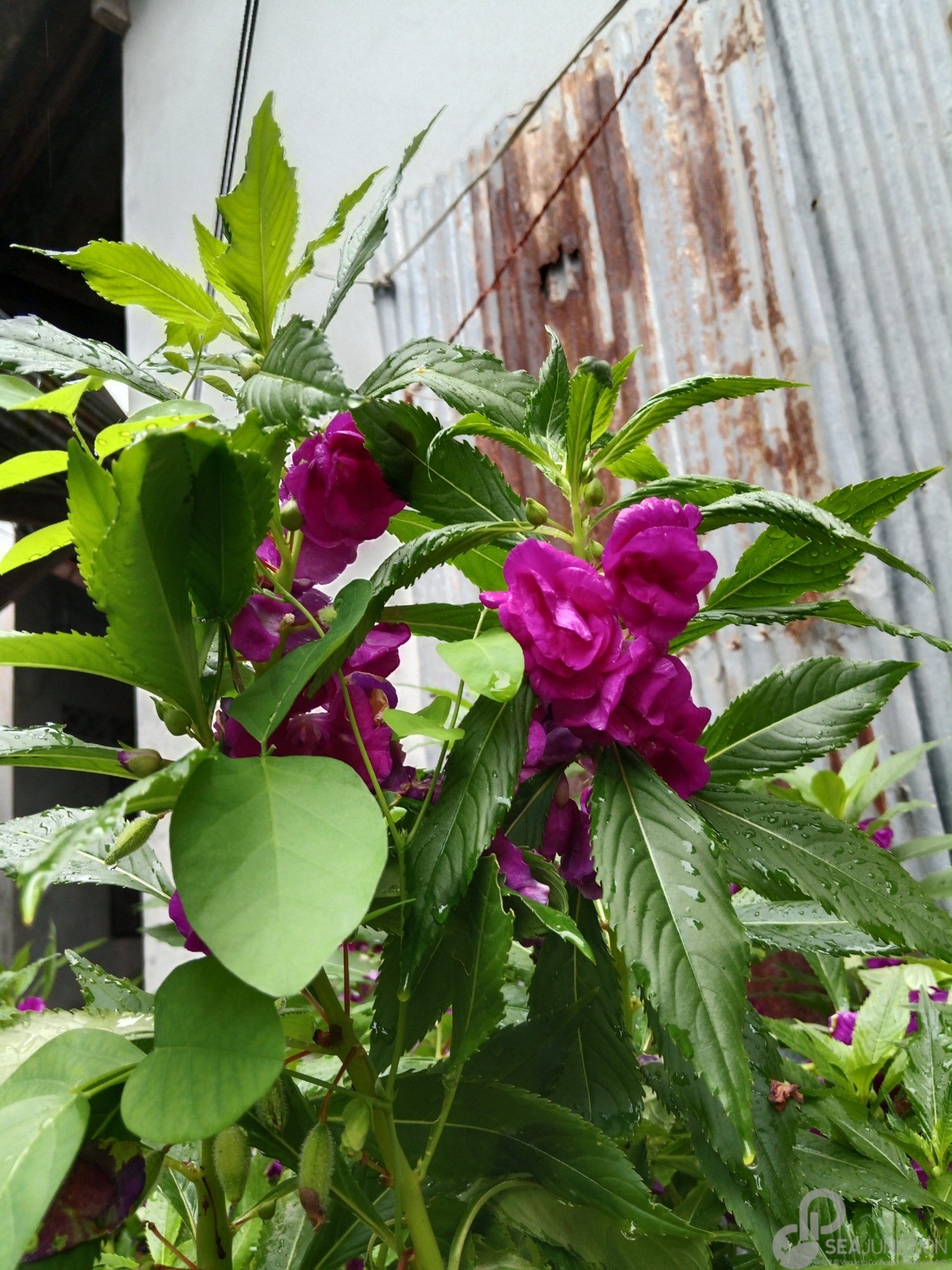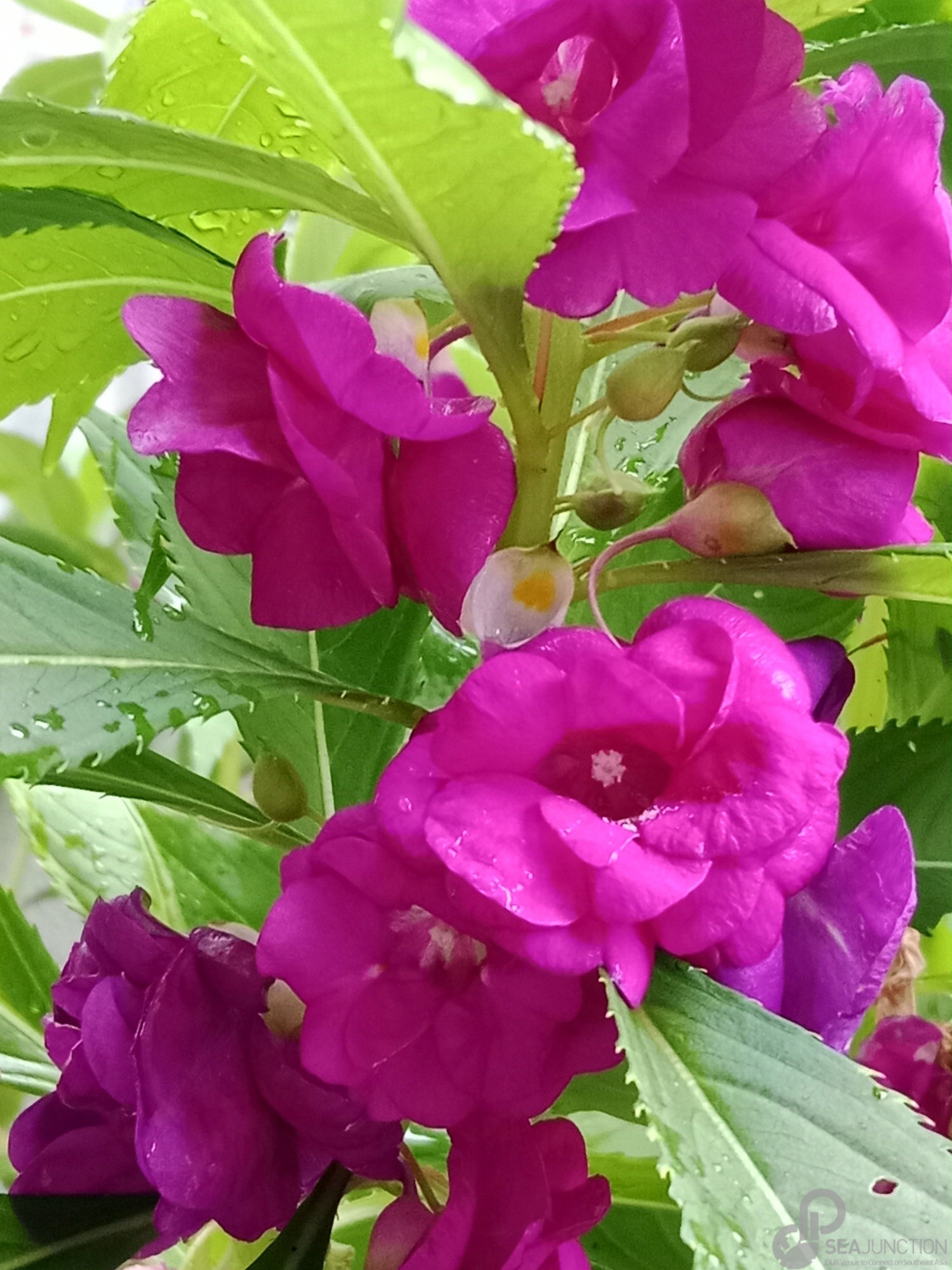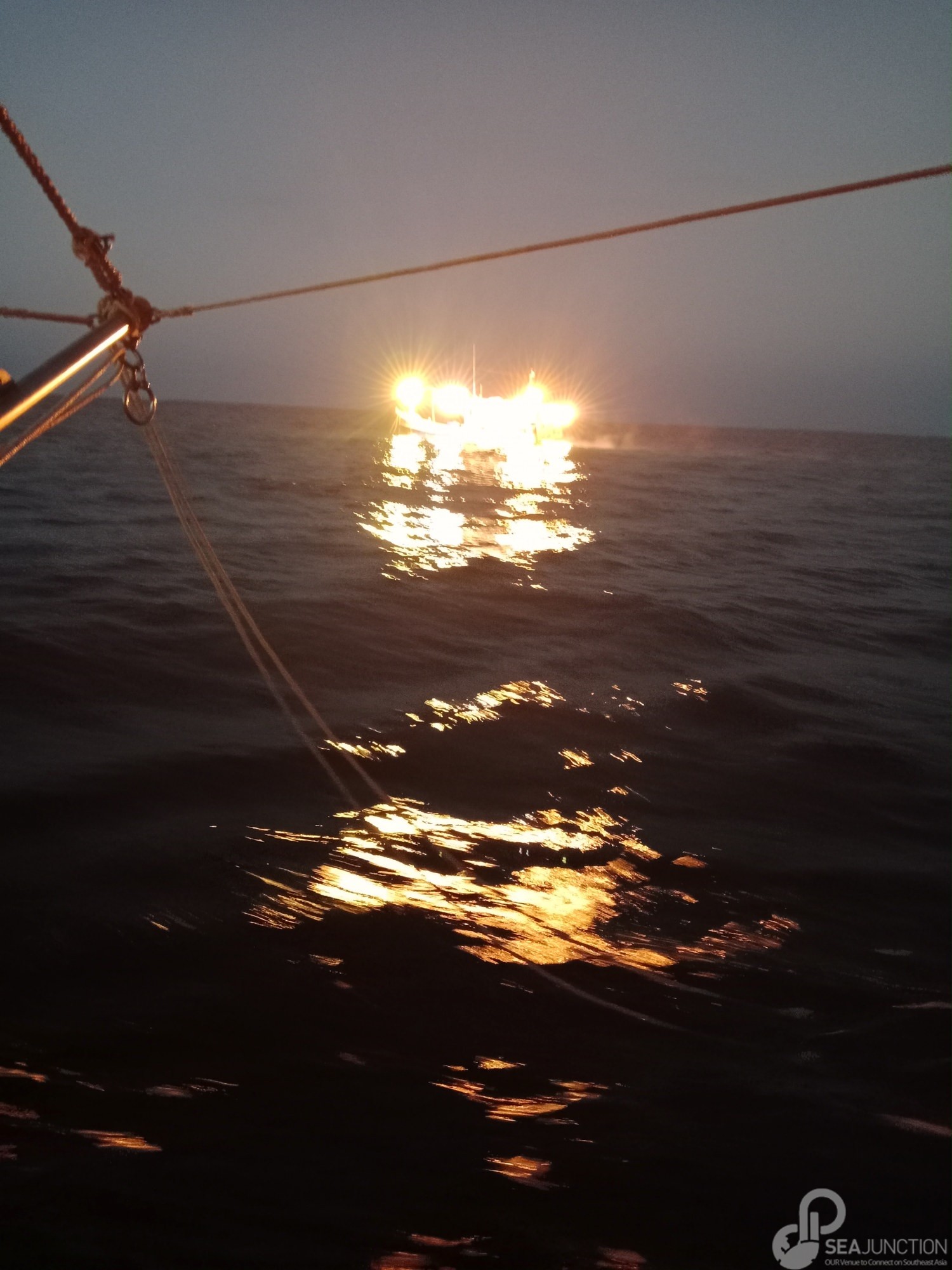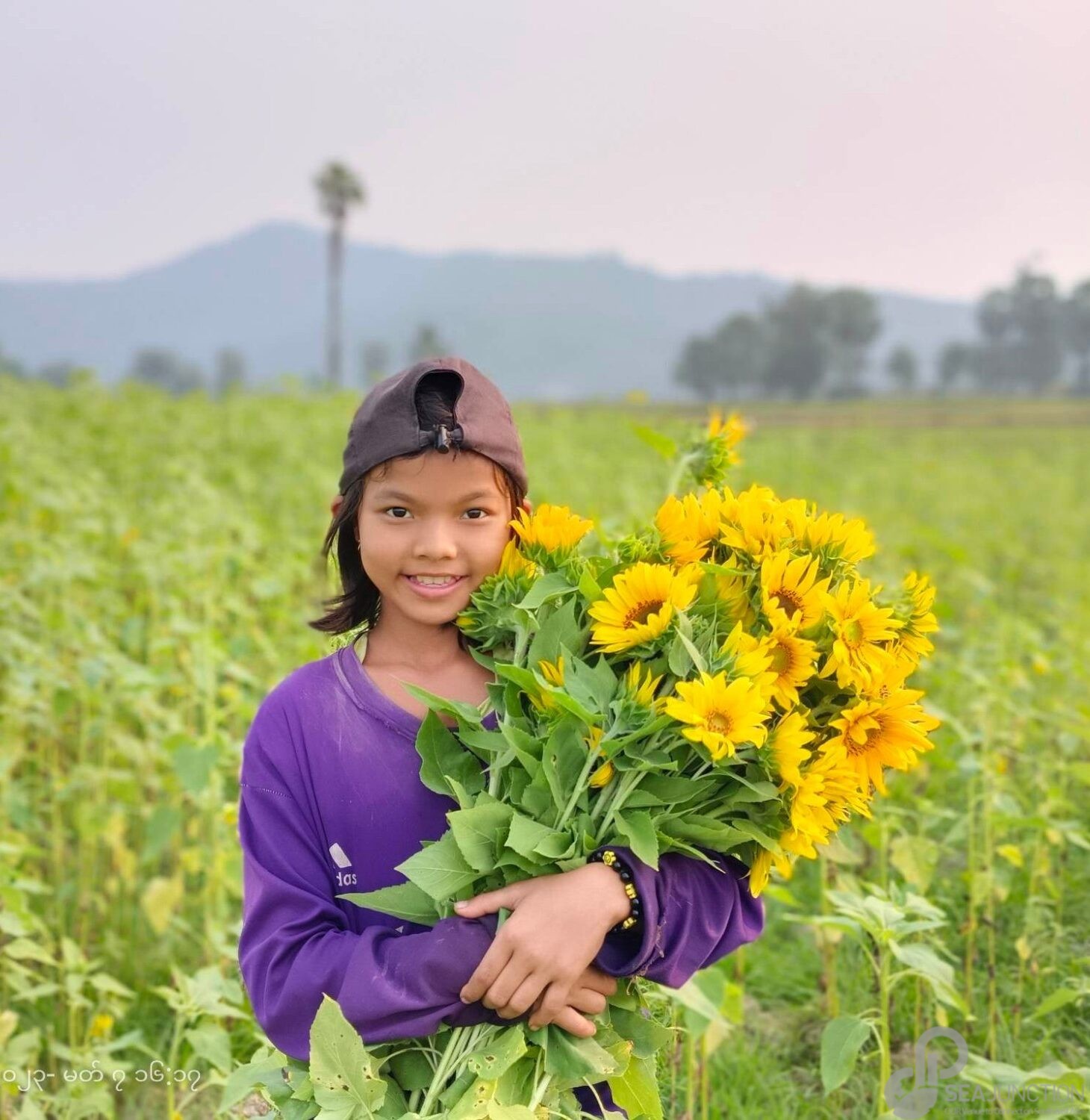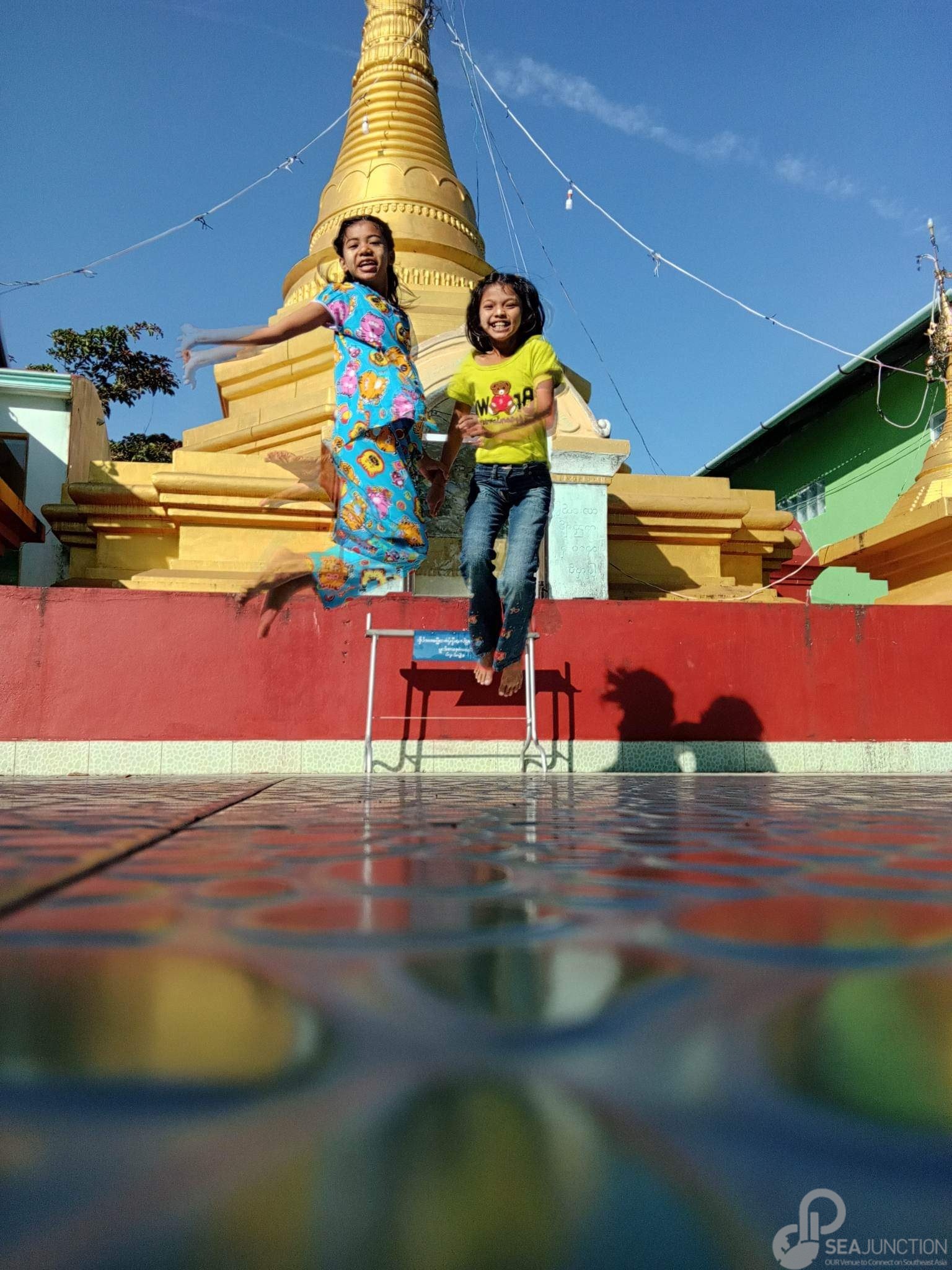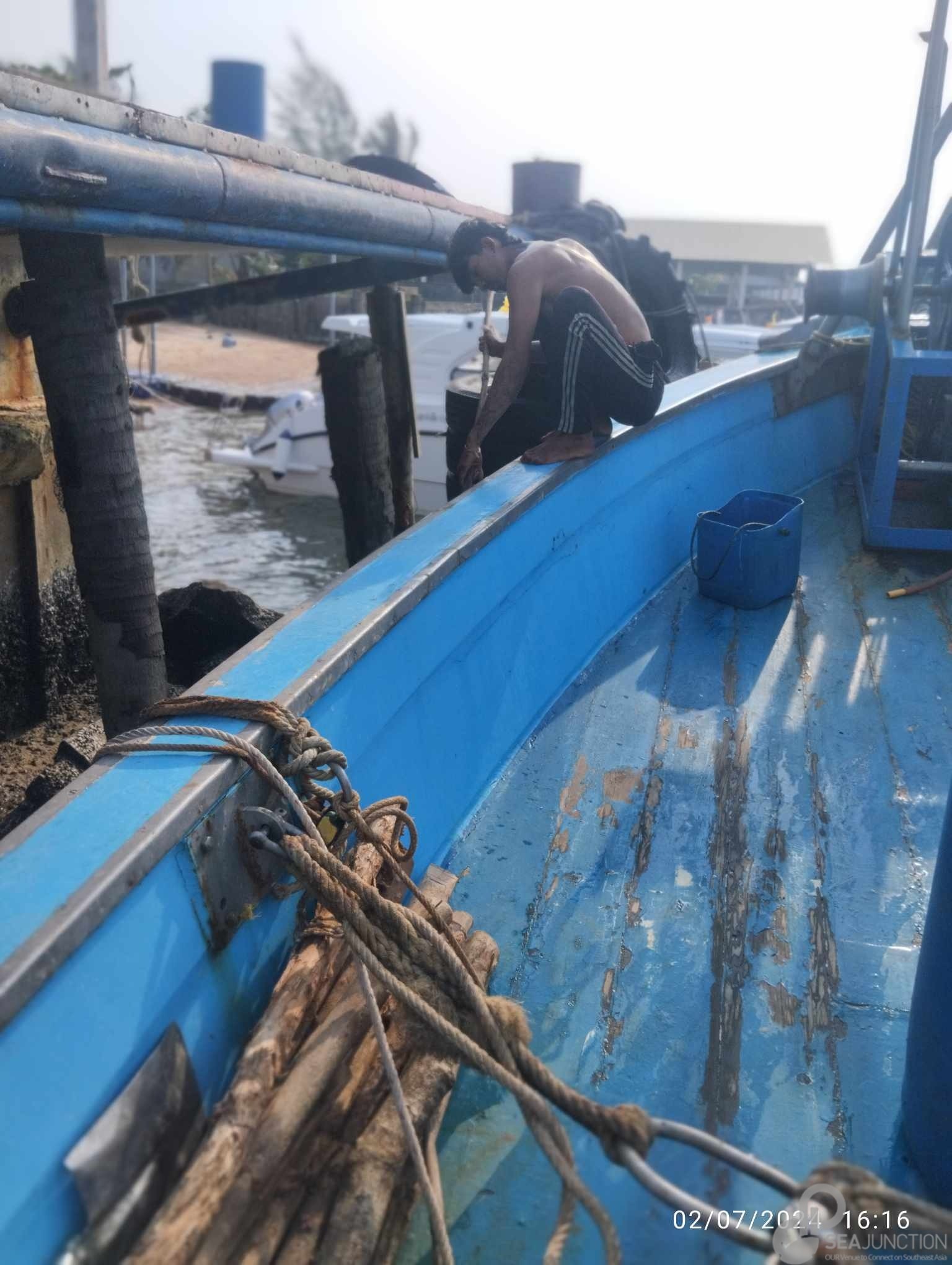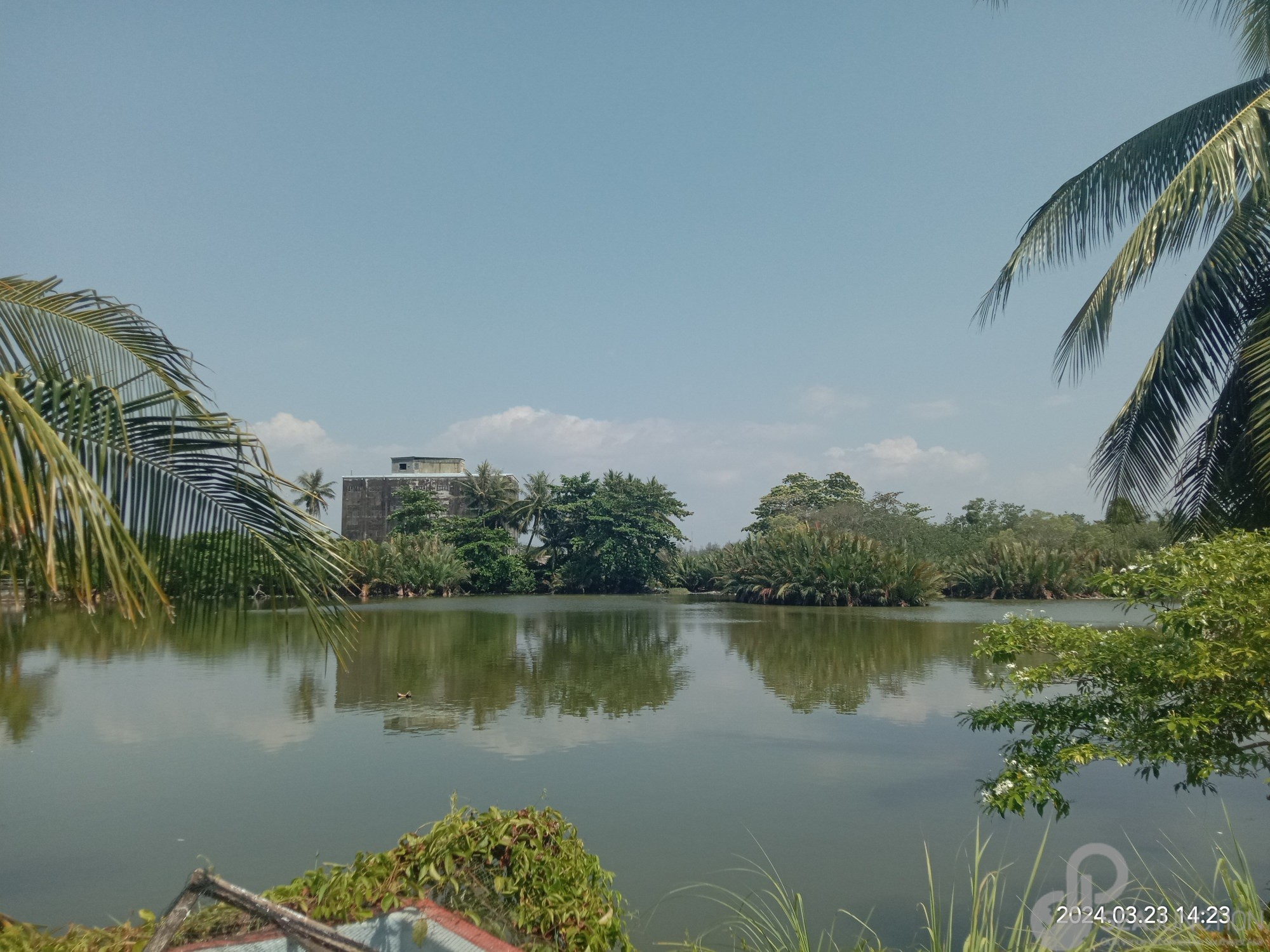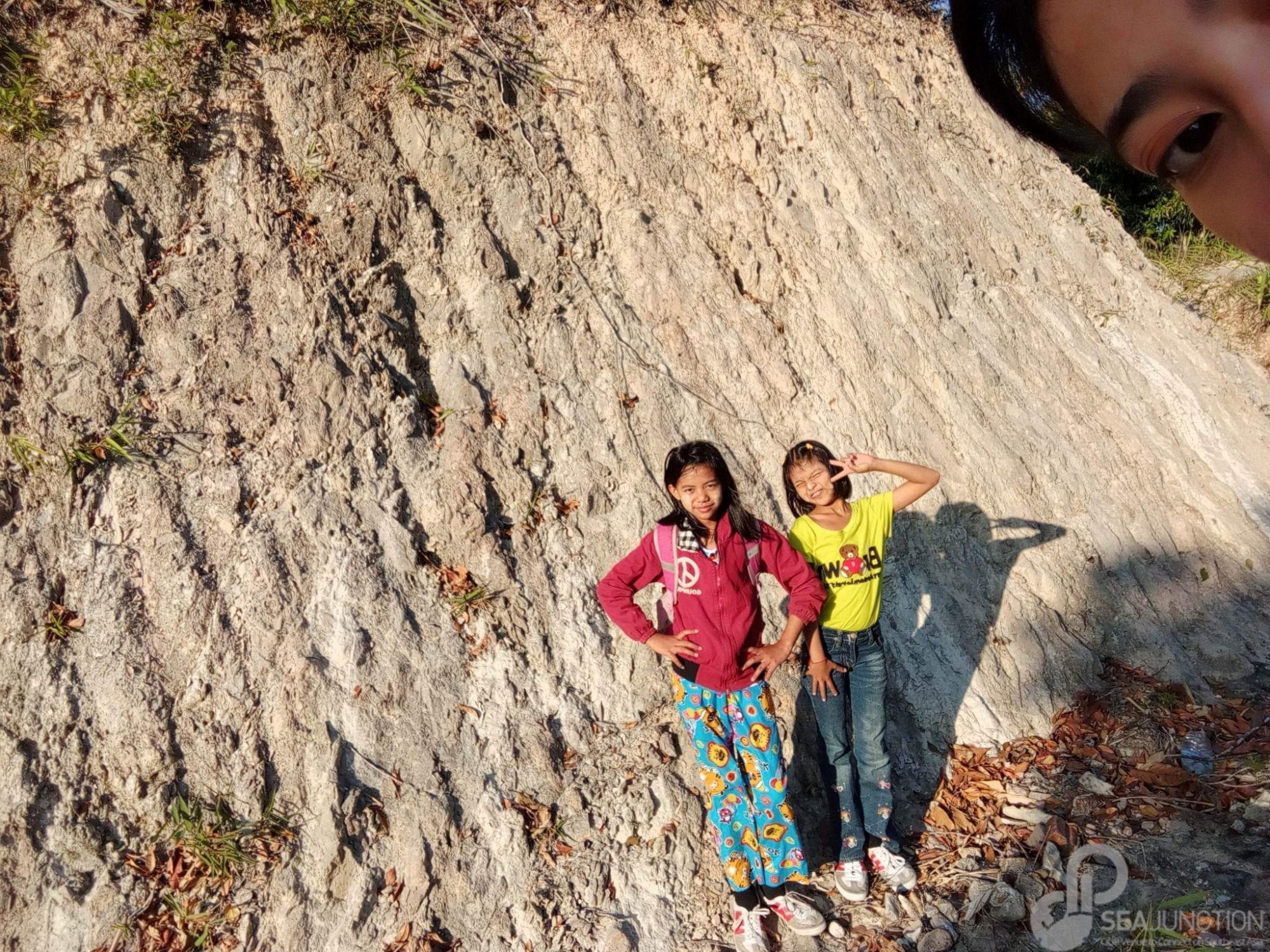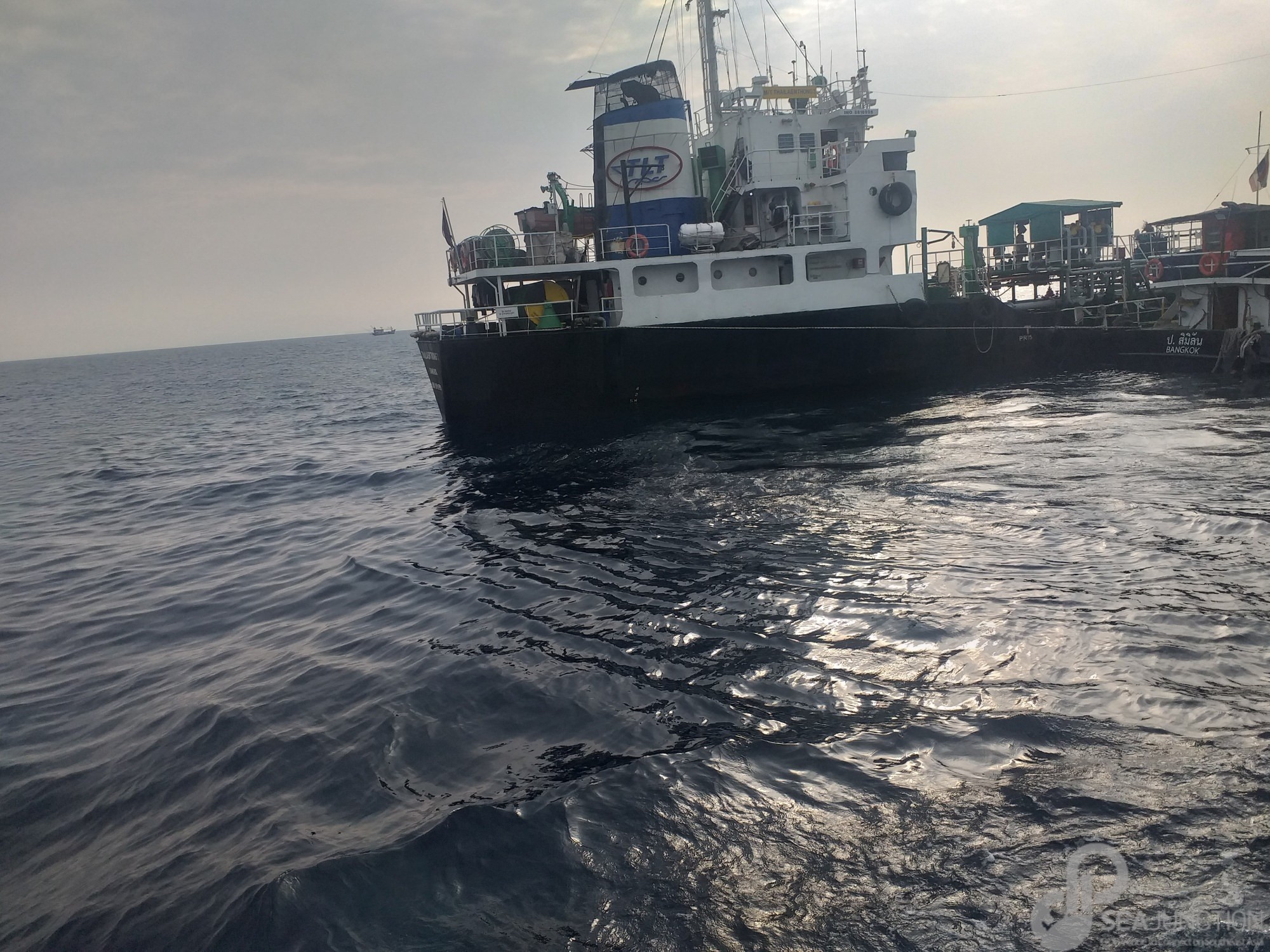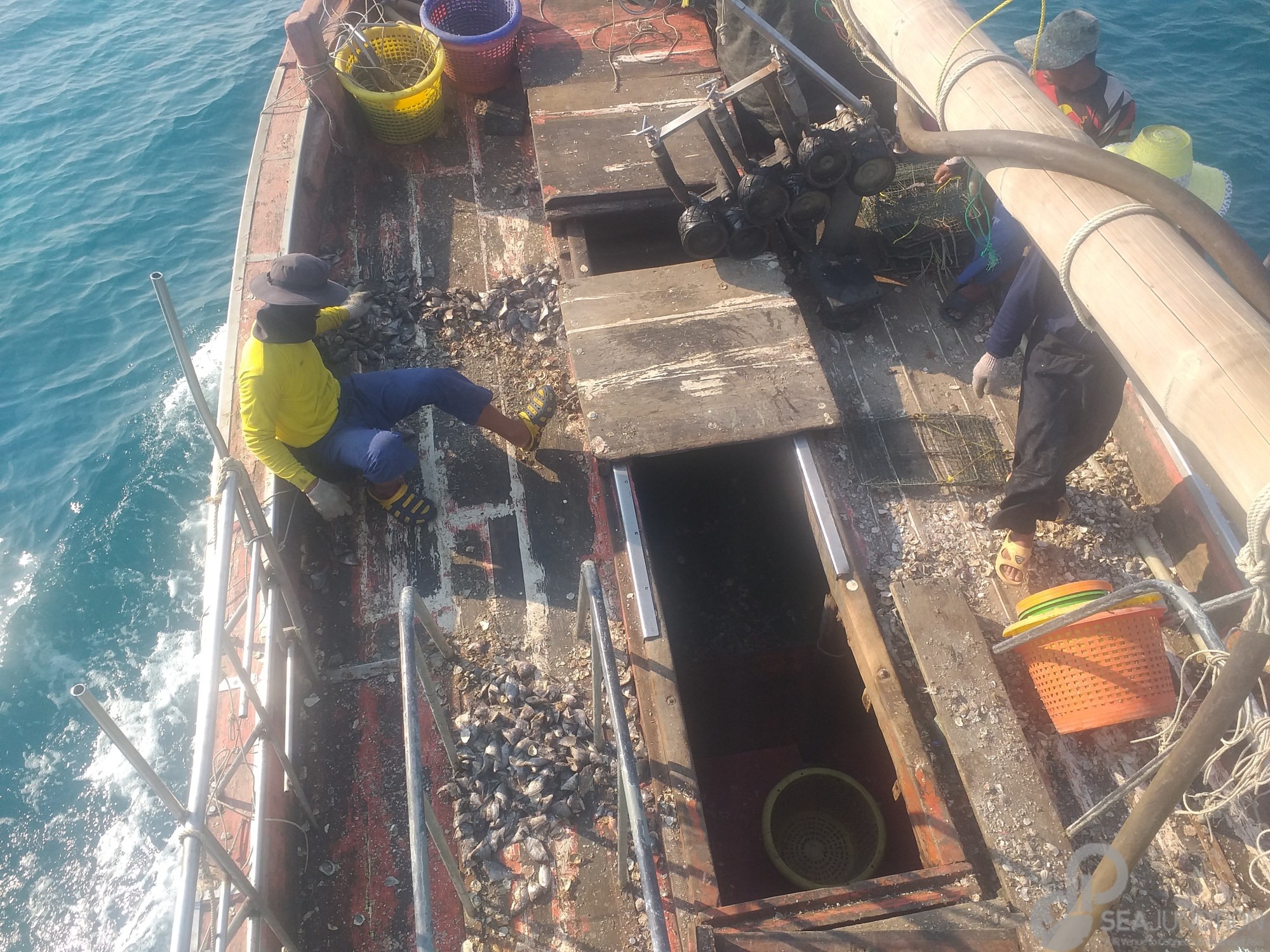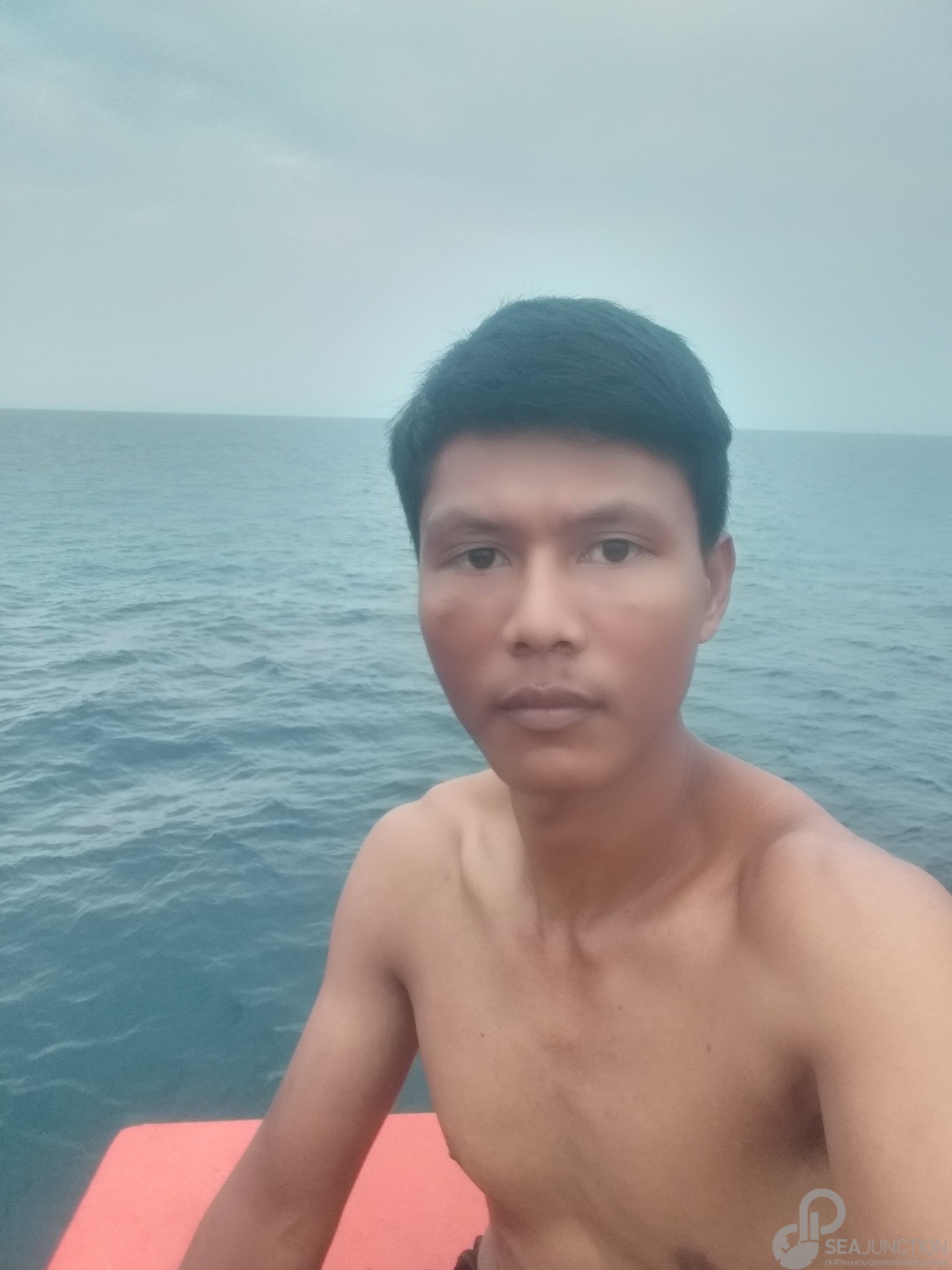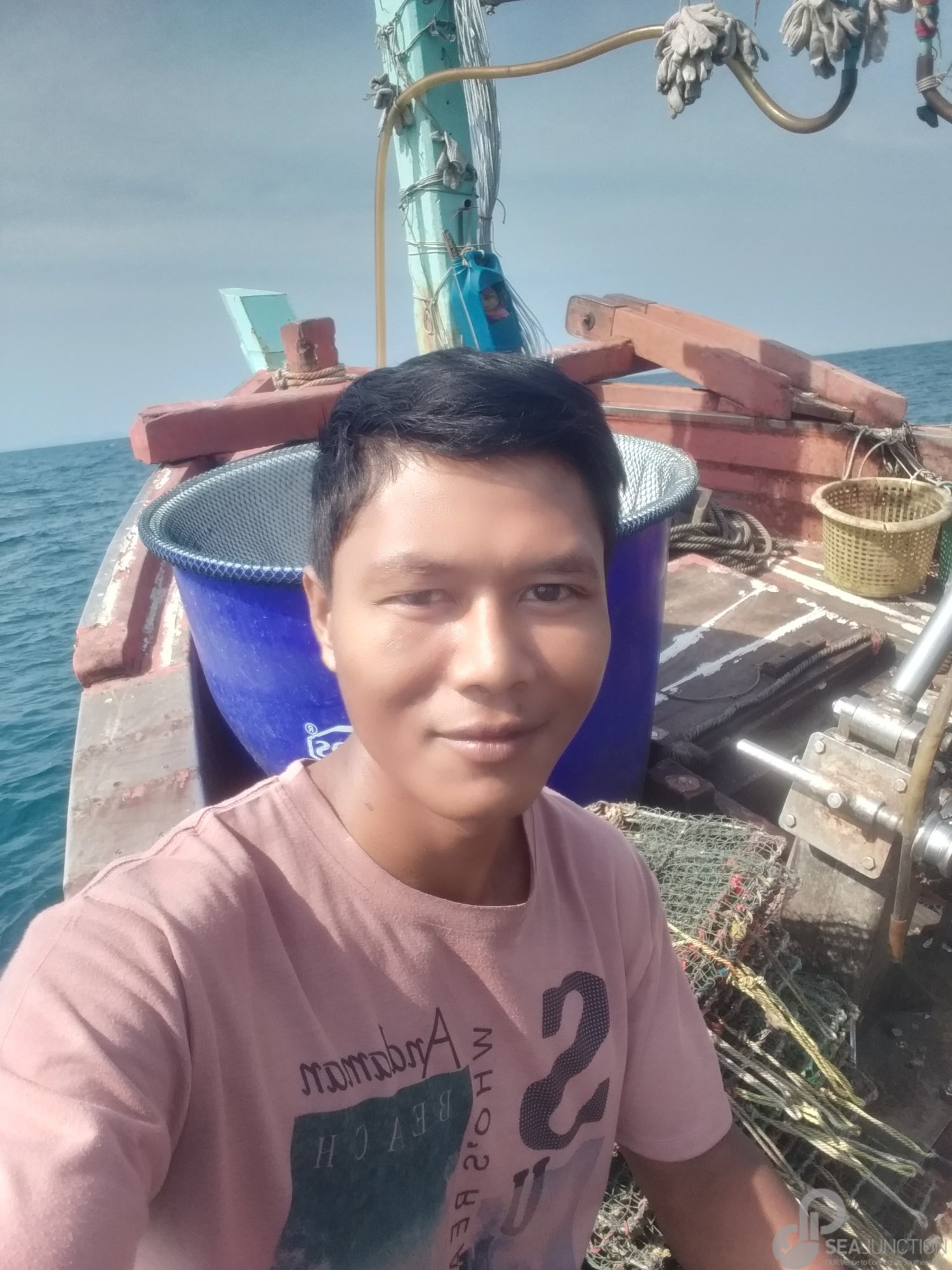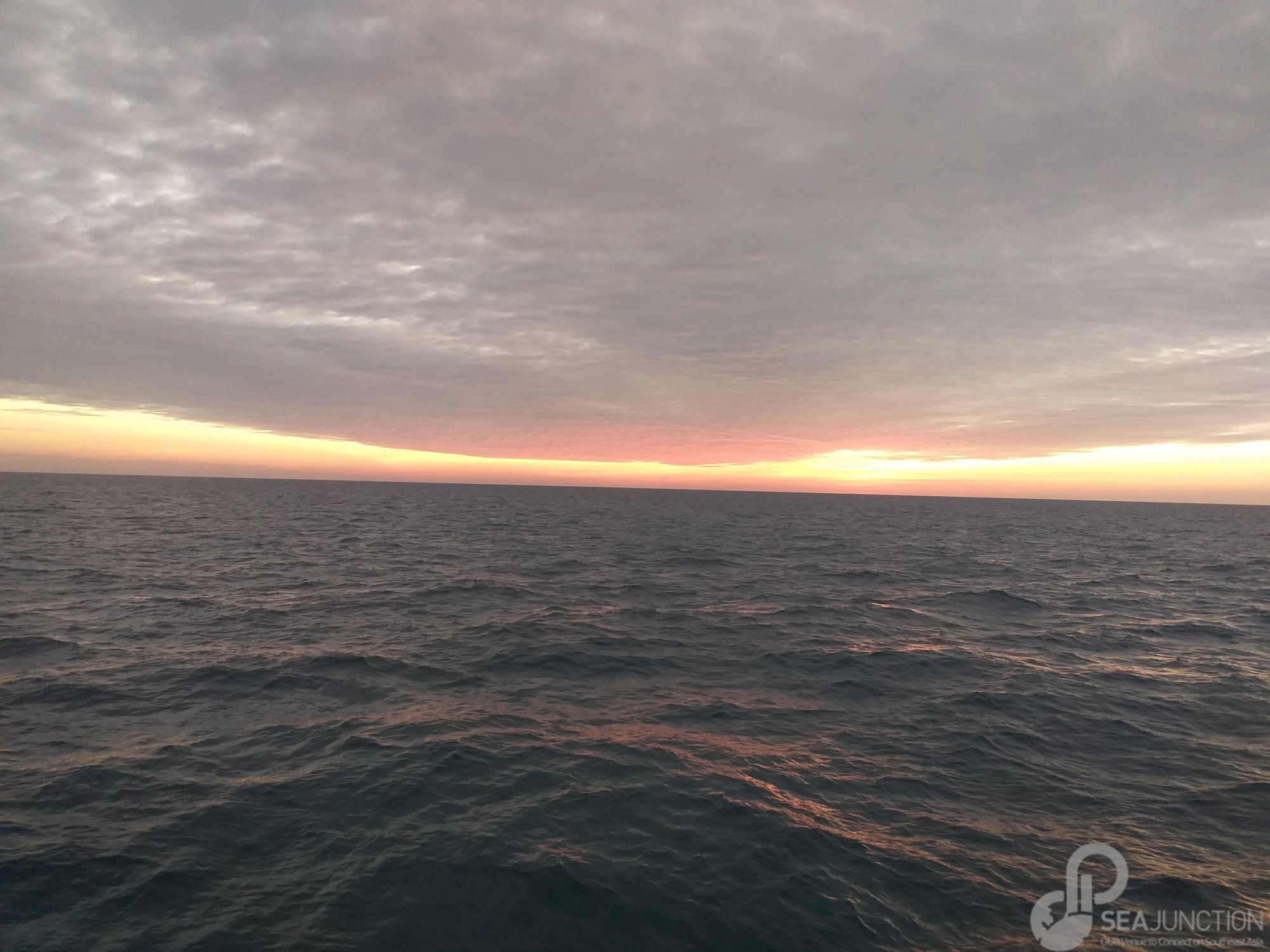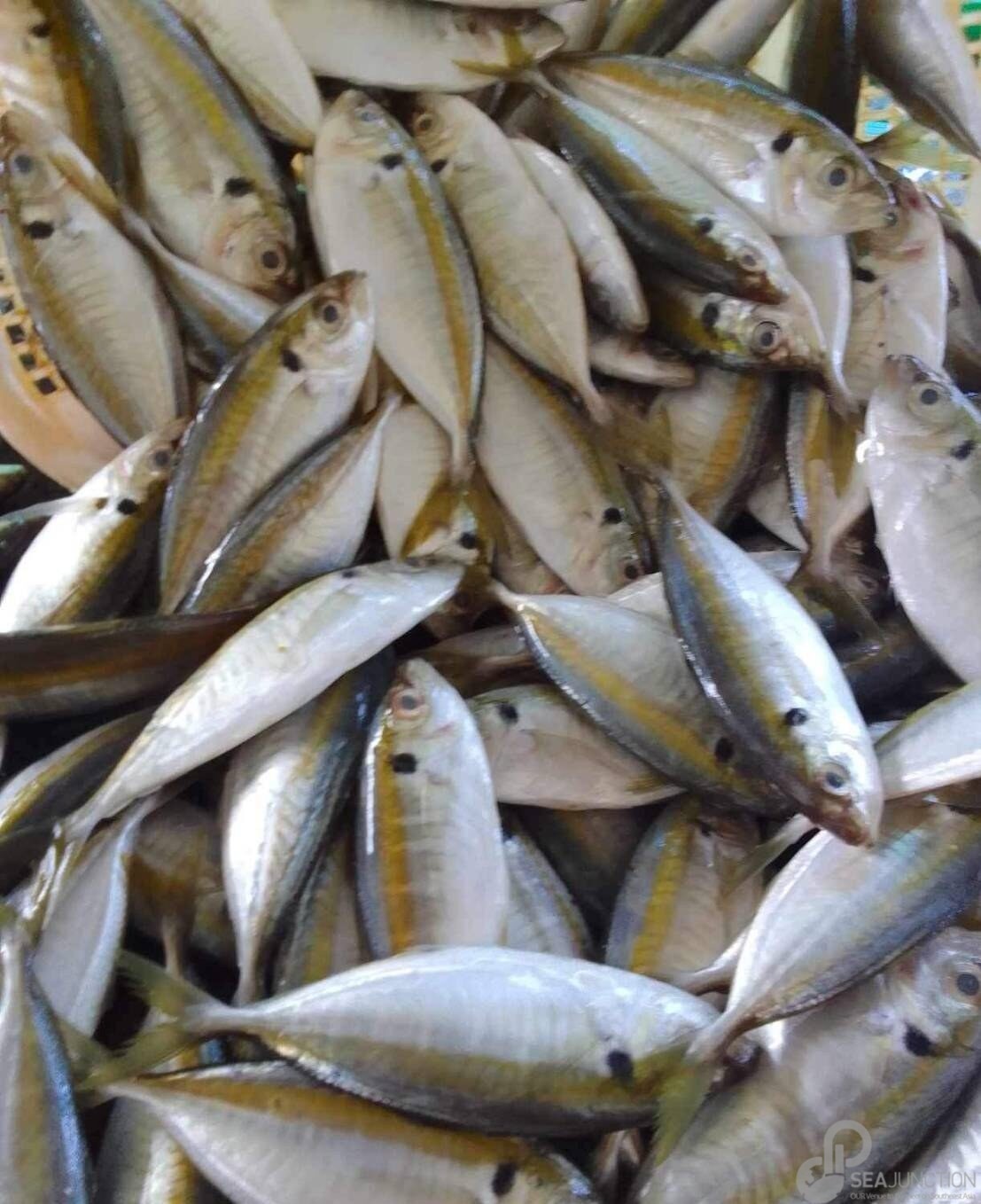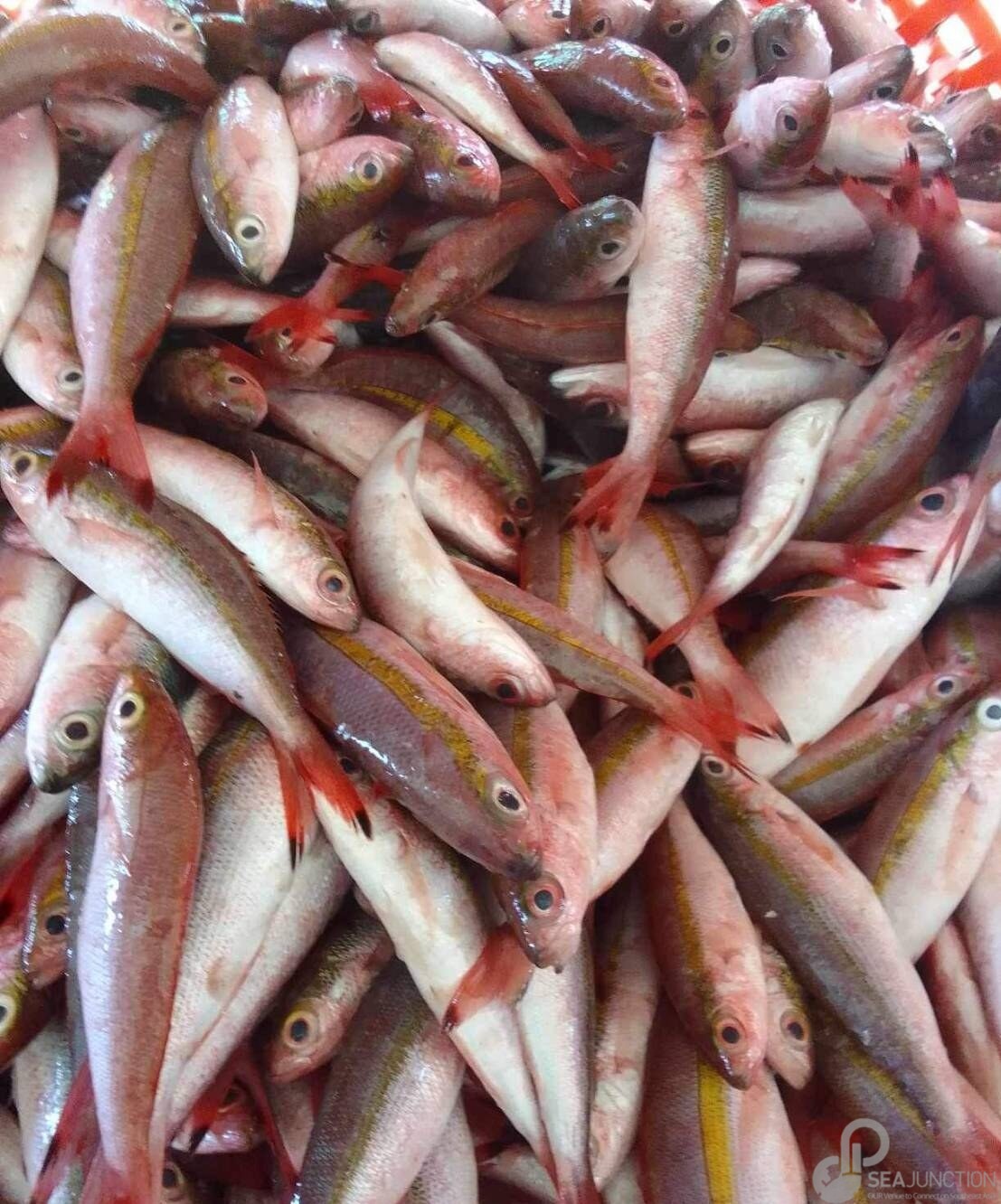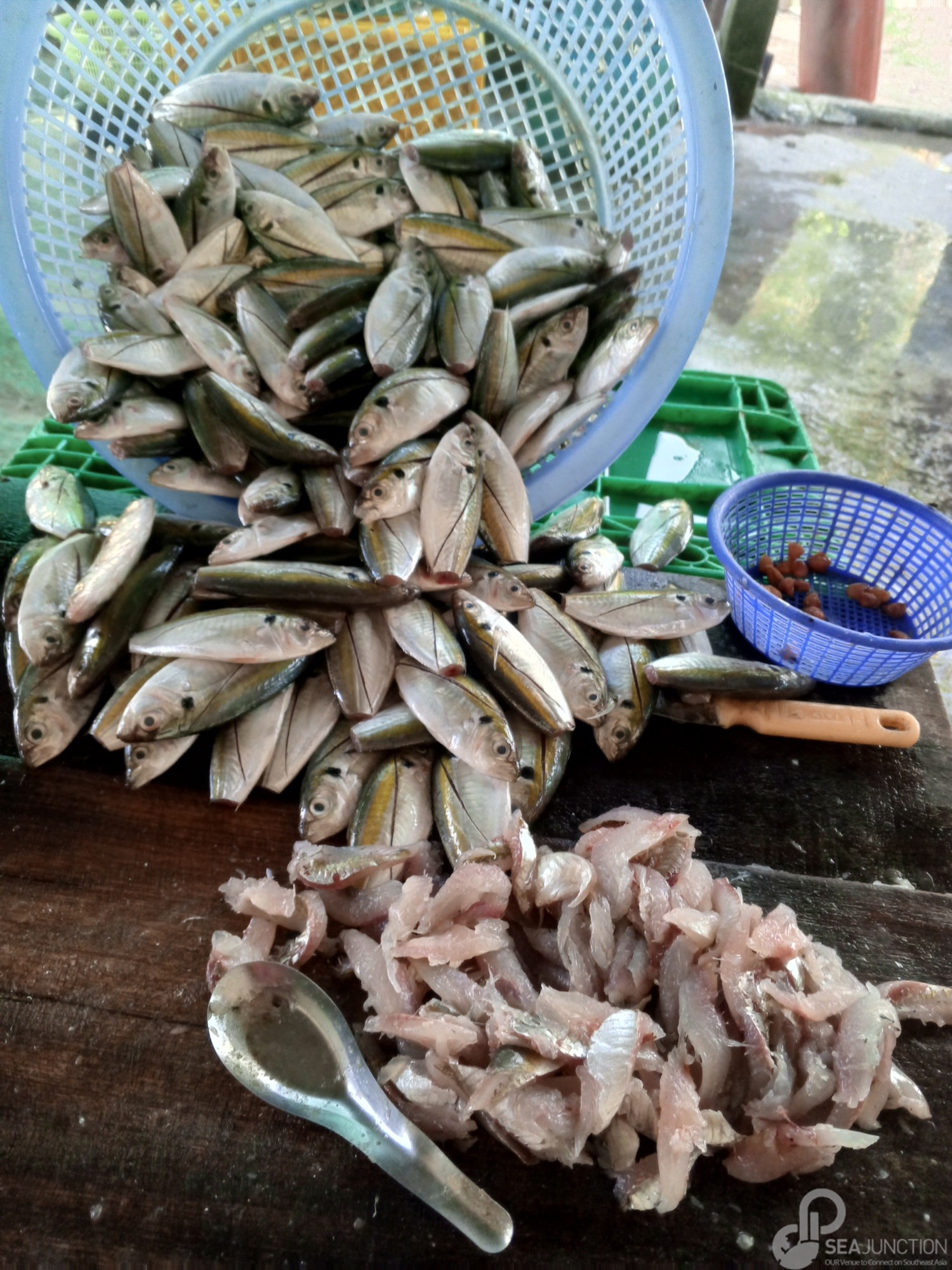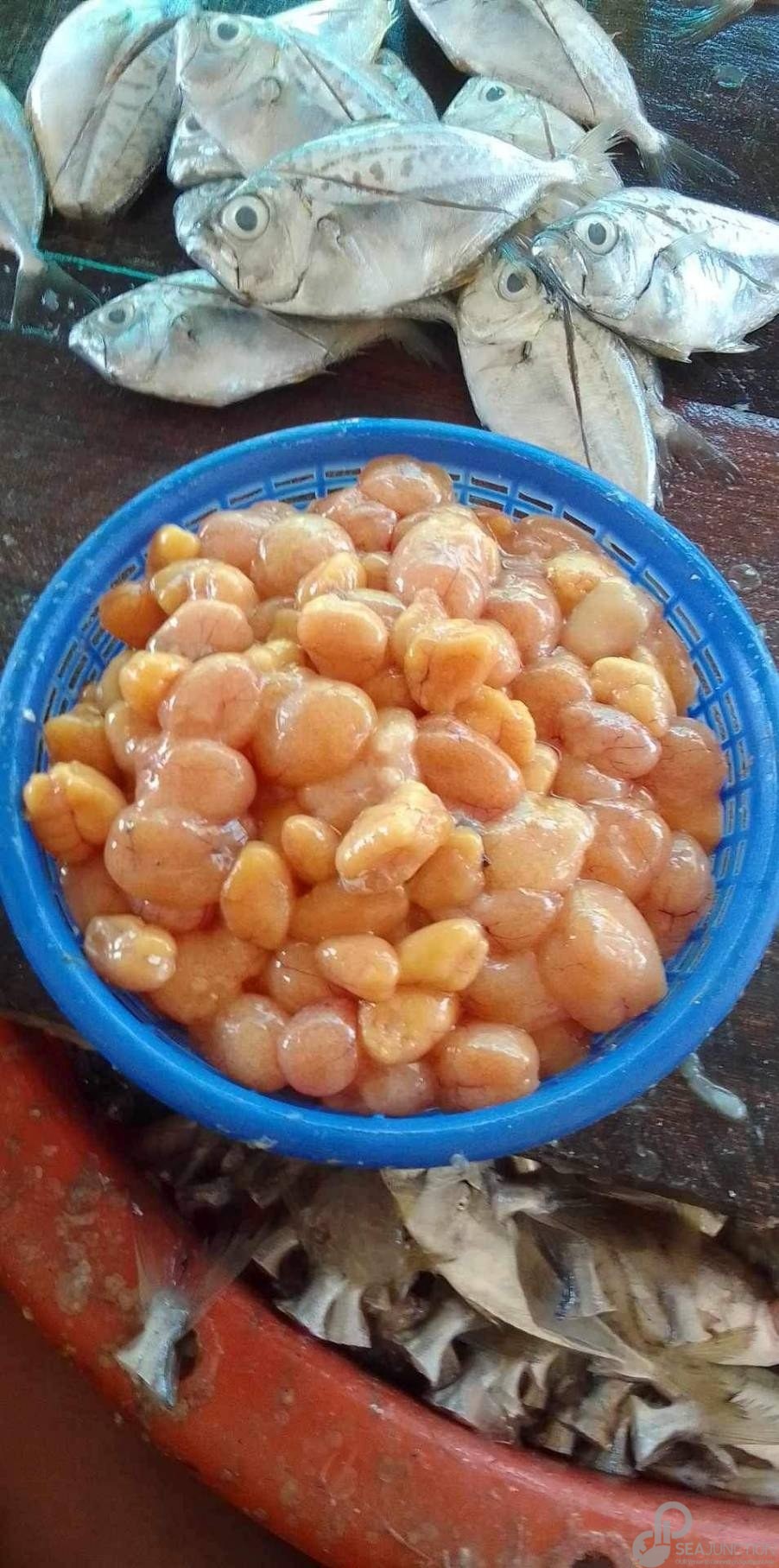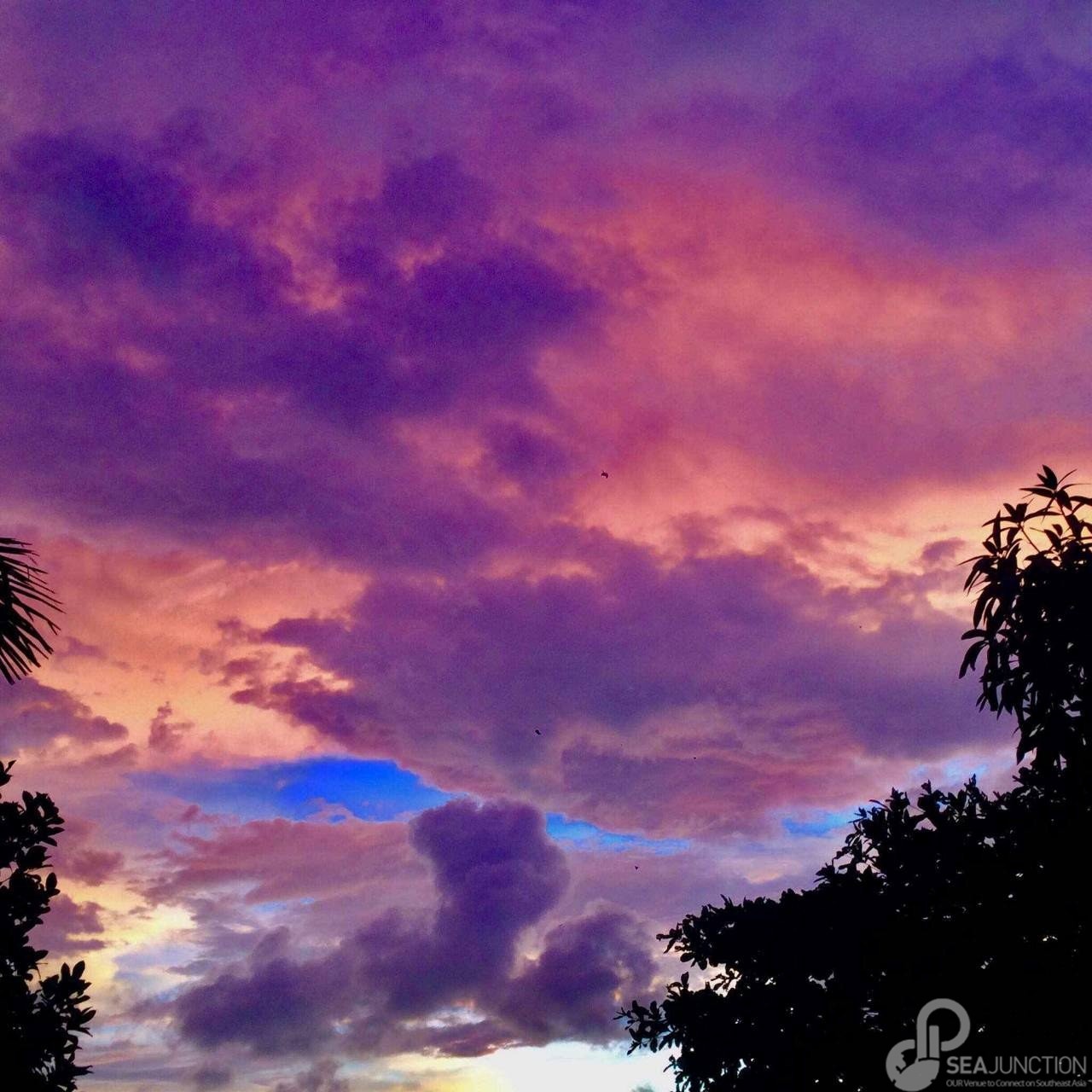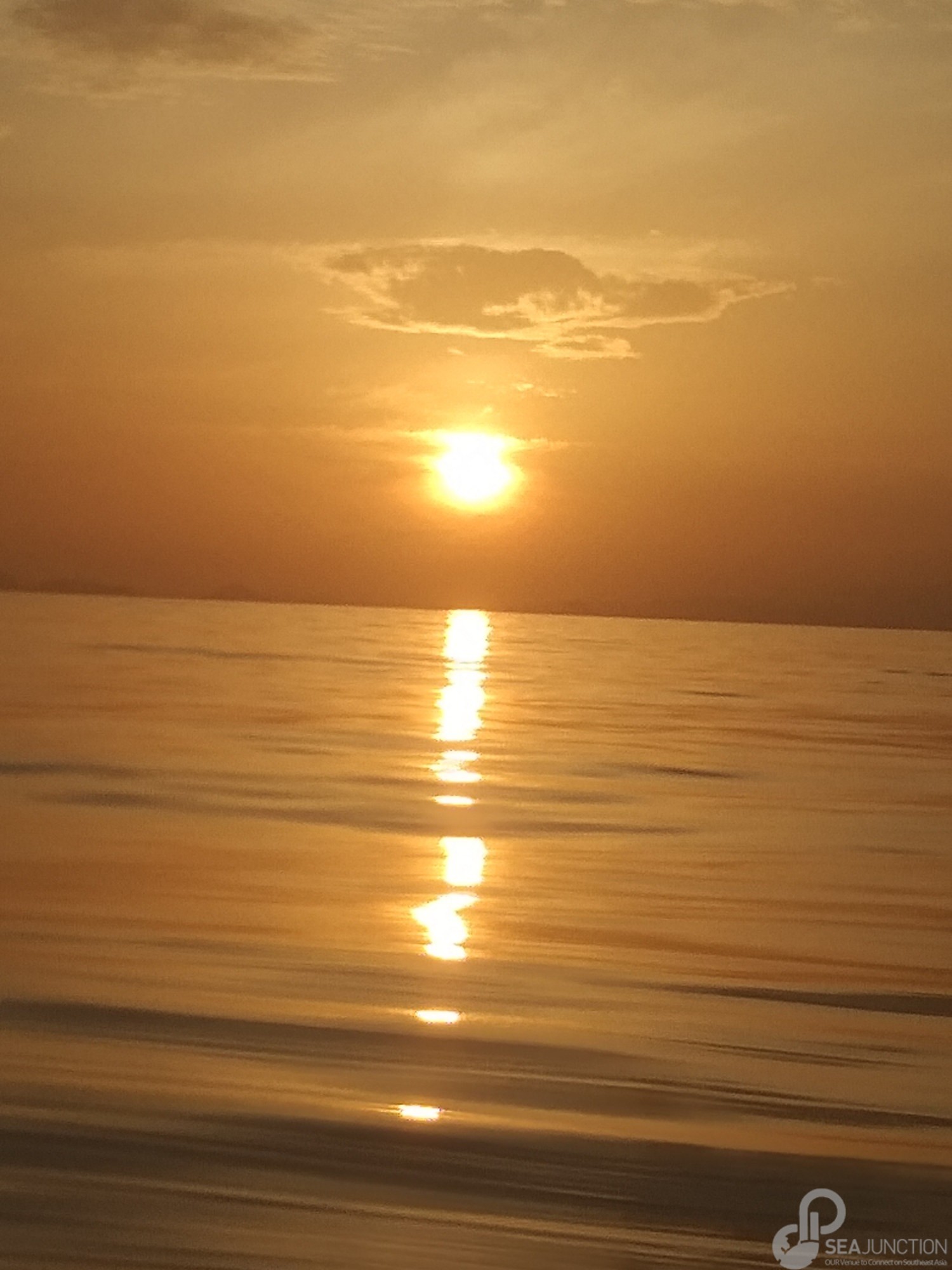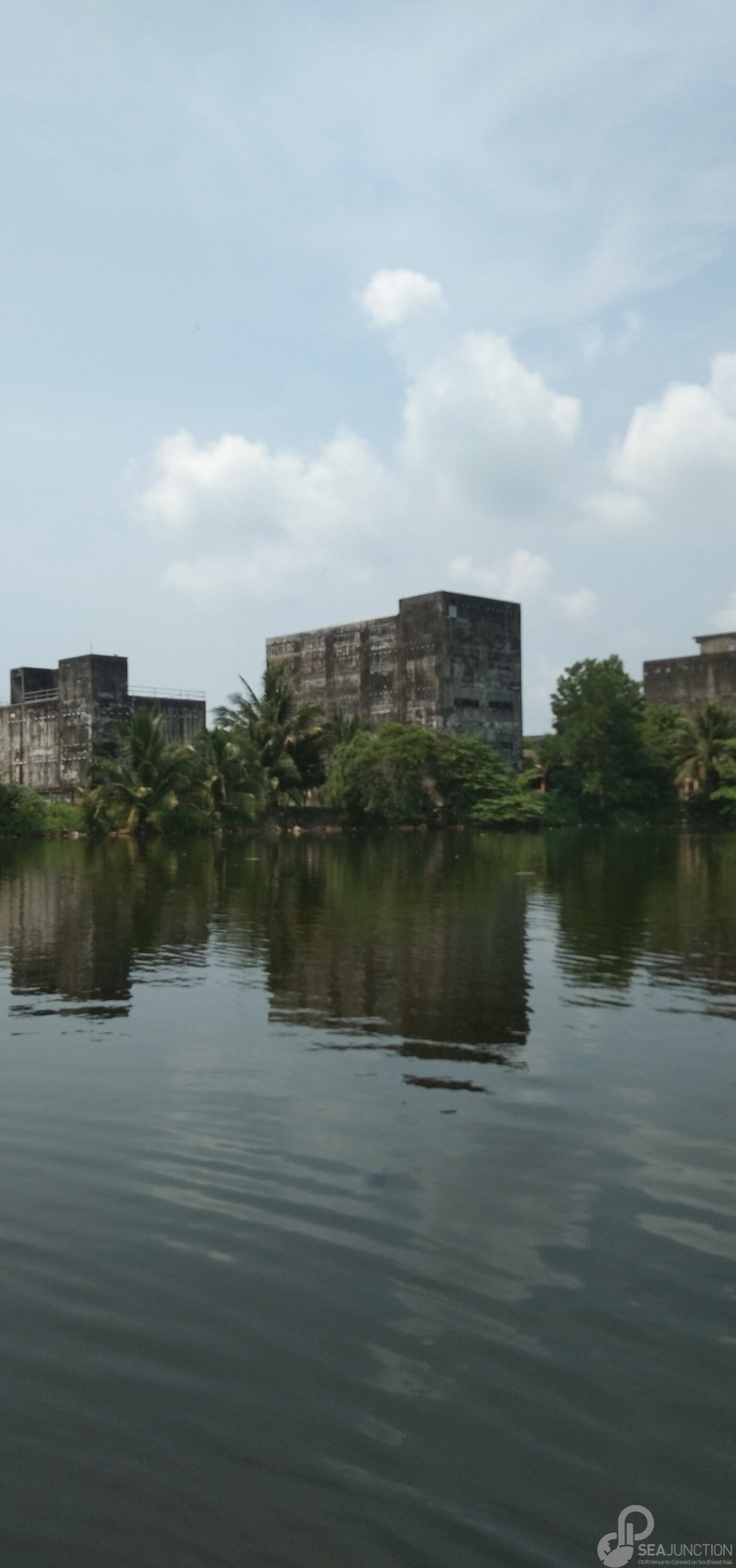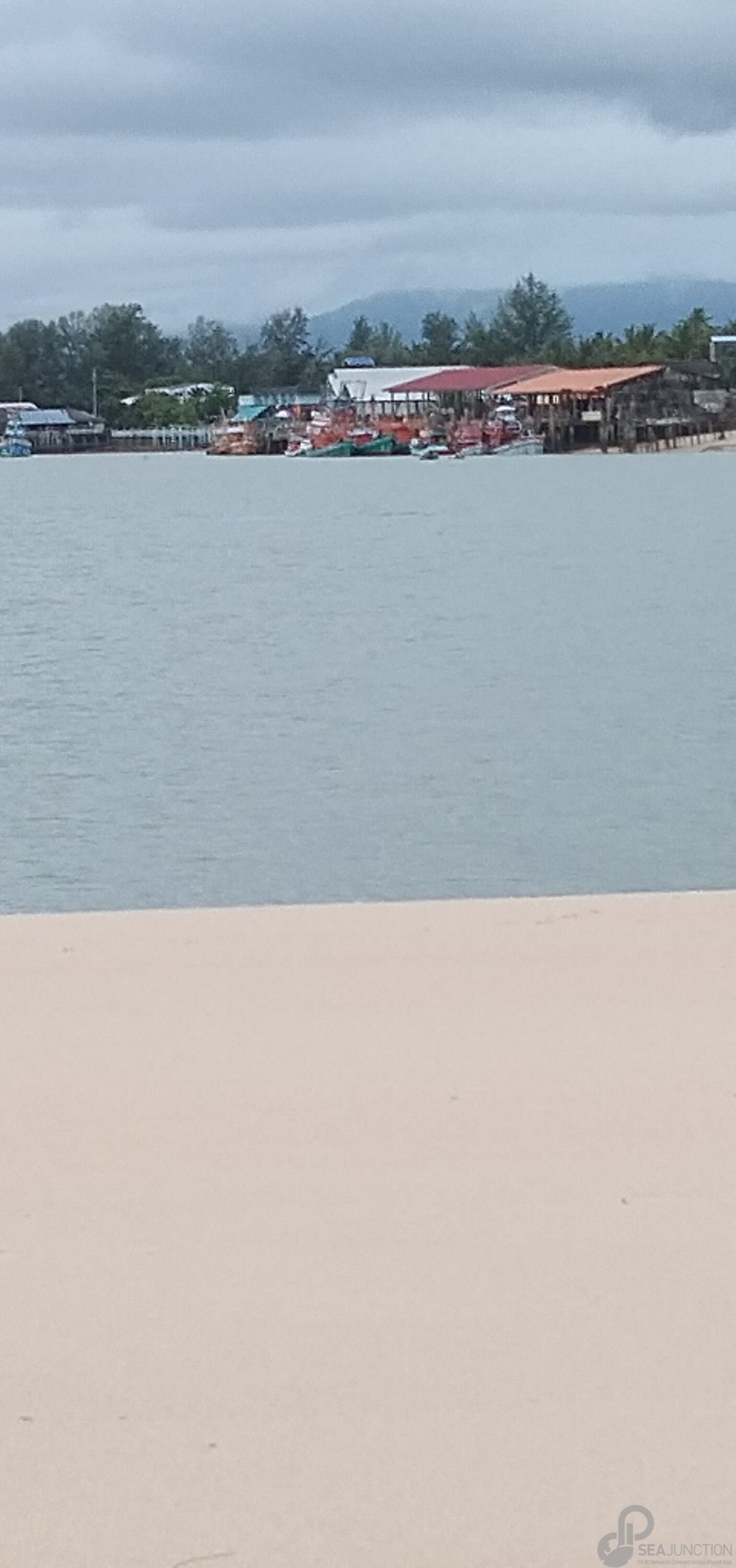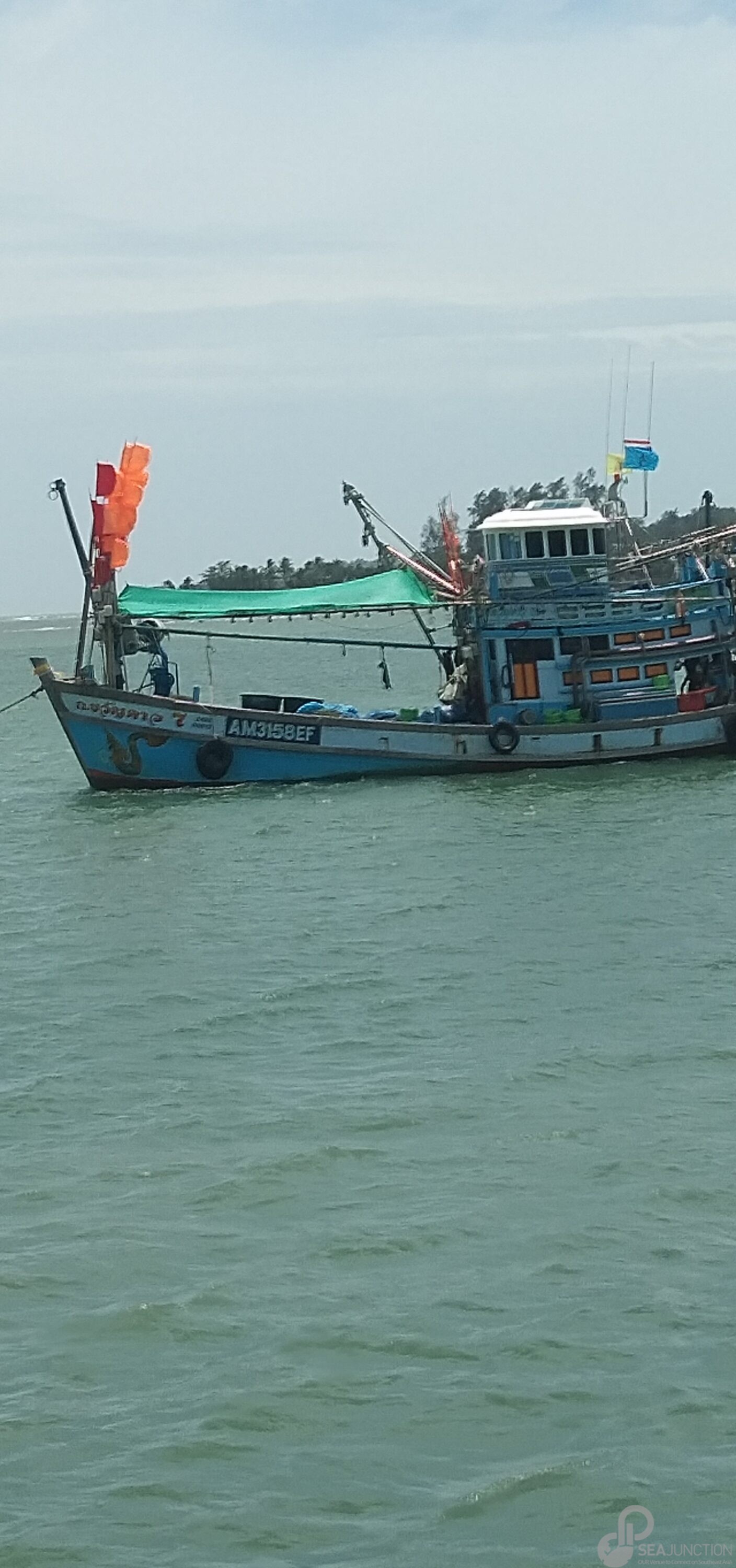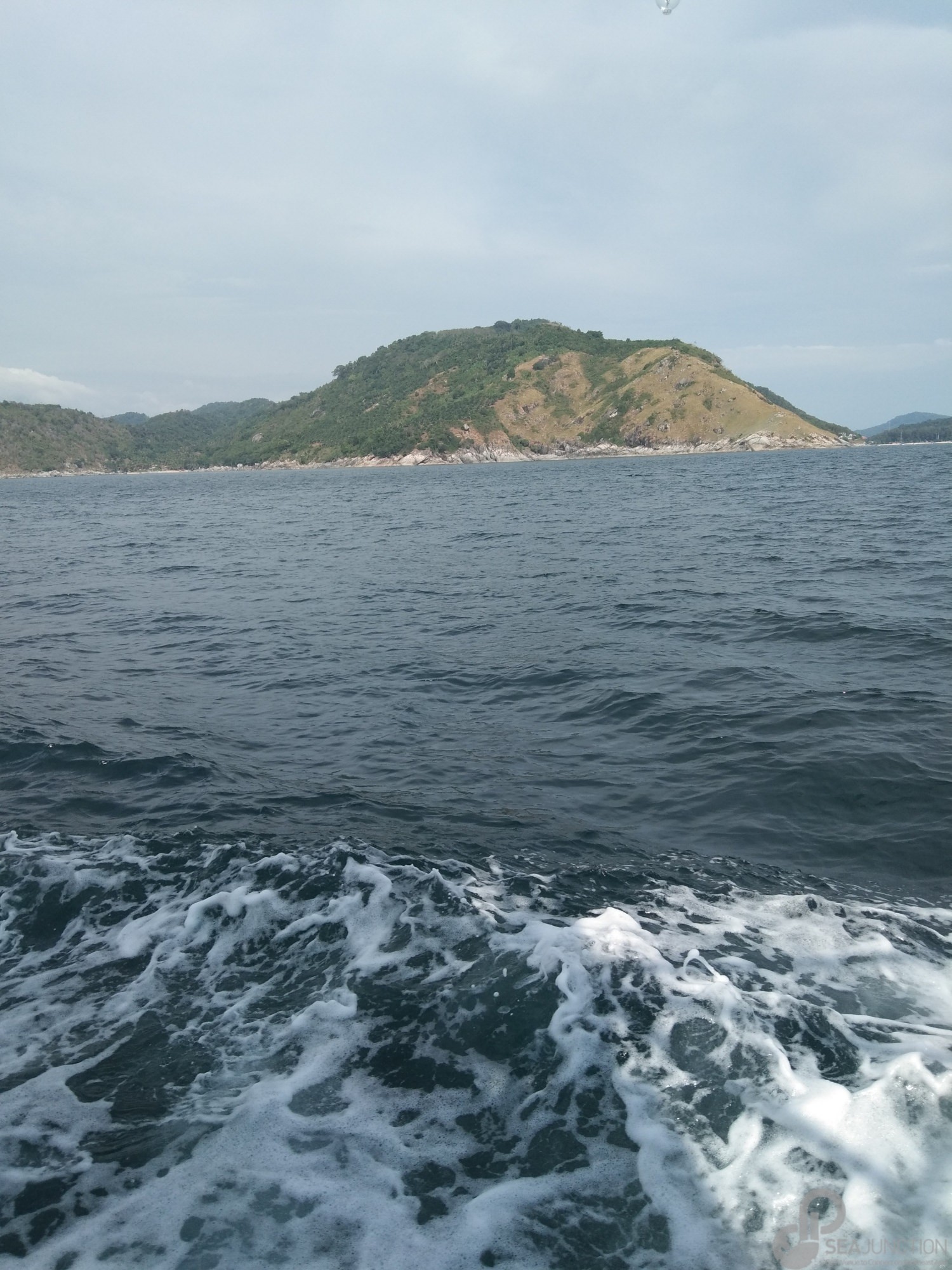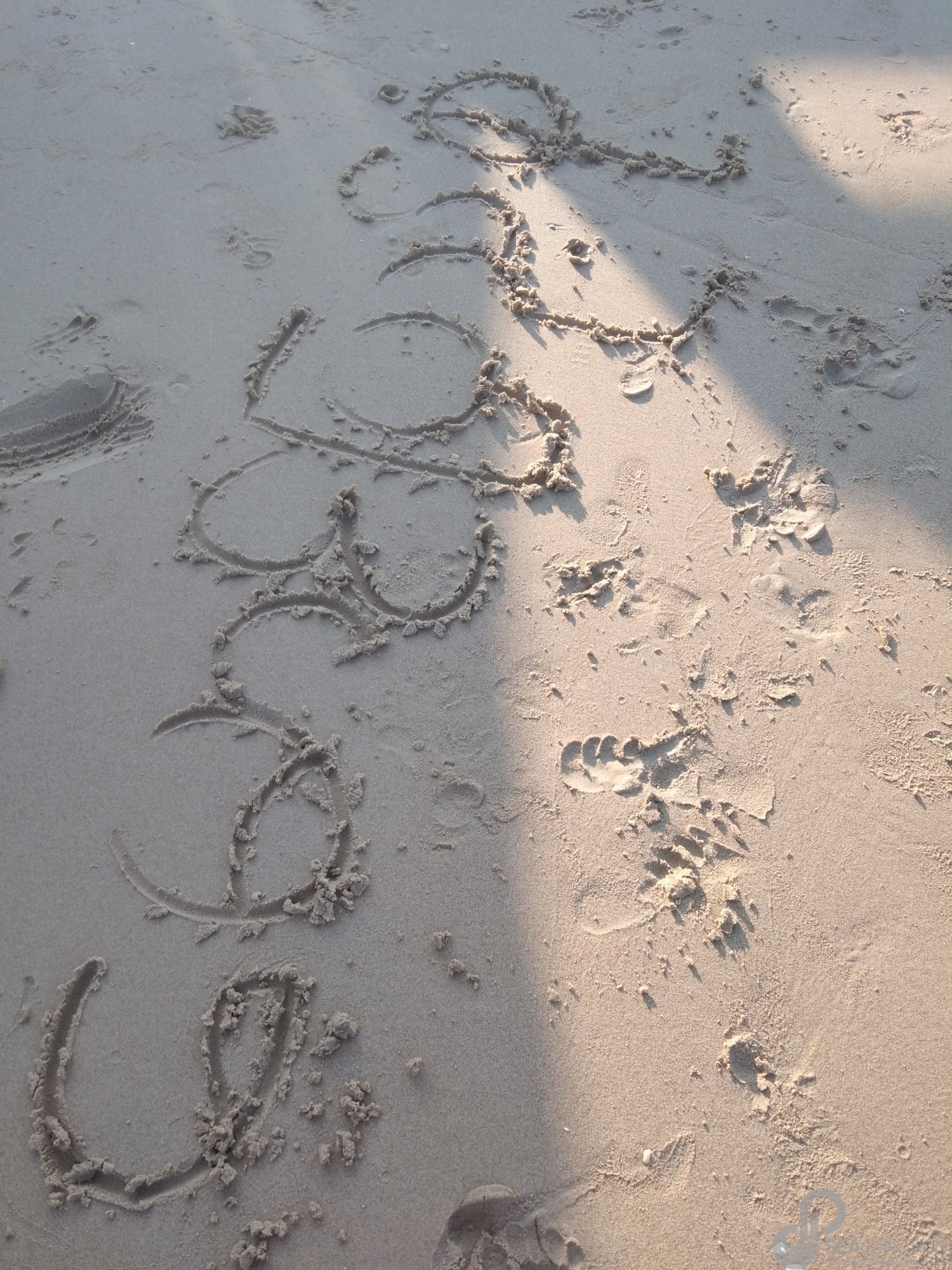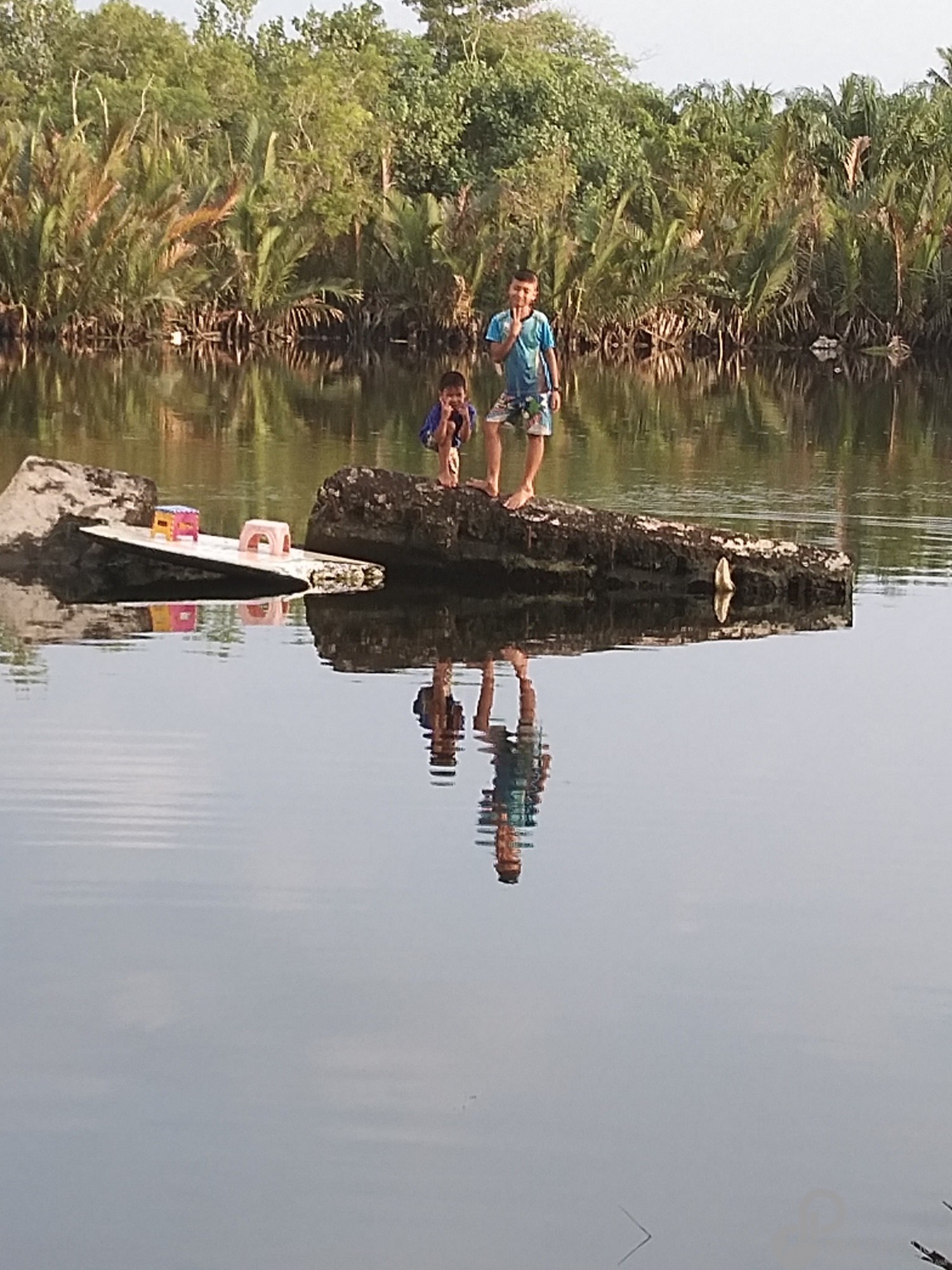Globally, trade in fish products continues to reach record highs and Thailand has emerged as a major supplier, with the value of its seafood exports reaching US$6 billion in recent years. And a significant contribution to the industry’s growth is made by the migrant labour force. The new photo exhibition displaying their “voices” through the photographs they took invites you to look into their human sides.
Shortages of Thai workers willing to work on fishing vessels, emerging simultaneously with expanding structural differences in population demographics and economic development between Thailand and its neighbouring countries, have transformed fishing crews to predominantly consist of migrant workers from Cambodia and Myanmar. Several hundred thousand women and men migrant workers are now employed at different levels within the seafood supply chain in Thailand, working precariously under various temporary labour migration regimes and constrained living and work conditions
Recognizing the contribution of migrant workers to Thailand’s society and the blue economy, the exhibition, Not Just Labor; Migrant Photo Voices from Thailand’s Fisheries, gives them a platform to showcase their “photo voices”. The display consists of photos taken on their mobile phone by migrants from Cambodia and Myanmar, who are now living in Phuket, Phang Nga, and Chanthaburi to work in the fishing and seafood industry.
They highlight the often-overlooked aspect of migration as an experience that transcends work by capturing their overall day-to-day existence full of taxing, entertaining or simply mundane events, of interaction with their natural and social surroundings, and of dreams and expectations about the future.
The message these photo voices (and the exhibition’s title) convey, is that migrants are more than just labour and more than the sum of the difficulties and exploitation endured. Moreover, the photos also show how migrants’ lives have become interconnected with the larger Thai society, pointing to the need to introduce integration policies.
Against the dehumanised portrayal of migrants as faceless ‘others’, this exhibition celebrates their identity, agency, personality and other features of our shared humanity. This comprehensive appreciation of migrants’ experiences and aspirations, is essential to create an inclusive and more equitable society that upholds everyone’s human dignity.
The exhibition, organized and curated by SEA Junction with support of the International Labour Organization (ILO)’s Ship to Shore Rights South East Asia initiative funded by the European Union, will be on display from May 14 to 26, 11am to 7pm, at the Curved Wall, 4th floor of BACC.
Ye Yint
I am 18 years old and I was born in Kawthoung. My parents are Burmese, but we lived in Mon state. I have been in Thailand for about 8 months. At first, I worked at a construction site, but was cheated by my boss and got less wages than he had promised. Then I started to work on the crab fishing boat, having to sail off for 5 days each round. I have already done it for 5 times now. In between, I follow my mother and help her sell things at the Supercheap store in Phuket.
I got a tattoo in the fresh market, but only on my arm. I like cartoon tattoos. I took photos of the tattoos of my brother and his friend. They also like tattoos. Currently, I am learning to do tattoos from a Burmese tattoo artist in the community. Burmese people from other places come to him to be tattooed. It costs around 500-600 baht for a small tattoo. My mother does not like it, but I love tattoos and want to become a tattoo artist.
Mg Myo Oo
I am 28 years old and come from Irrawaddy, Myanmar, while my wife comes from Bago. We met and fell in love here in Thailand. I have been here for more than five years and have been working on the fishing vessel for 5 years. My pictures show a pair of trawling boats. After catching the fish, we cook the pickled fish (Pla-ra). Normally, we would have 10 crew members and sail off for 7-10 days each round. We come back when our boat is fully filled with fish. To eat, we make potato soup on the boat. According to his belief, our boss does not allow us to bring beef onto the boat, so when we cook the potato soup we only put chicken and pork. I want other people to see our routines on the boat. How we eat, and how we work.
Htun Naing
I came from Dawei where I used to work in a rubber plantation. I am 35 years old and have lived in Thailand for 19 years. I first worked on a trawling boat vessel in Ranong and now I am working on a black trawling boat.
I saw the sunset while I was on the boat, this made me miss my family in Myanmar. The atmosphere that day reminded me of my parents in Dawei. The last time I went back to Dawei was 3 years ago. I rarely visit my home. The flower in the photo was planted near my home. It’s beautiful, so I took a picture.
Su Su Hlaing
I am a 28-year-old worker from Dawei, Myanmar where I used to sort cashews. I have been in Thailand for 2 years, scaling fish.
The pictures I took show when I travelled with my niece before coming to Thailand. There is also a photo of my niece that includes me because I was trying to check the composition, but accidentally got into the picture. I also took a photo of my boyfriend when he went to work on the boat.
Veasna Heng
I am 28 years old from Treng Commune in Battambang province. I have been in Thailand for more than 3 months and I am now working on a crab fishing vessel at Paknam, Laem Sing, Chanthaburi province. I took the photos when I was at work.
Su Su Lat
I am 35 years old. I have been in Thailand for 13 years. I come from Dawei, but have not been back there in a very long time. Back when I arrived in Thailand, I worked in a factory with my sister, but now I scale fish. I travelled to Kawthaung and the view was so beautiful that I snapped these pictures. I also took photos of the fish in my workplace. If there were many fish, there would be non-stop work and if there were no fish, there would not be any jobs.
Khin Aye Mu
I come from Dawei where I used to work on a rubber plantation. I am now 45 years old and have worked in the frozen seafood factory in Ranong province for 26 years. Now, I make money from scaling the fish.
I took these pictures when I was on holiday with my son and daughter who are both born in Thailand. We are always busy at work and rarely have time to go on holiday. Even if not so far away from our house, it is still exceptional to have free time. I wrote my boy’s name in the sand as a memoir.



